Today, the Royal Society for Protection of Nature (RSPN), in collaboration with the Department of Energy, hosted a coordination meeting to discuss measures to mitigate threats impacting or may impact the White-bellied Heron and its associated species.
Since 2003, RSPN has been working closely with relevant stakeholders, including local communities, to address direct and indirect threats to the species and its habitat. In recent years, however, the increasing cases of White-bellied Heron mortality caused by natural predation and infrastructure-related incidents have become a major concern. Given the species’ extremely low population, the loss of even a few individuals can have serious implications on the population.
The meeting brought together representatives from the Department of Energy, Department of Forest and Park Services (virtual), Bhutan Power Corporation, consultants, and RSPN staff for in-depth discussions. Key deliberations centred on exploring the means to install the bird flight diverters or line markers along transmission lines that are within the critical habitats of White-bellied Heron, the restoration of degraded areas, and the ecological rehabilitation of sites cleared for power line construction.
Within the next few months, RSPN in collaboration with respective Departments and Bhutan Power Corporation, will conduct a detailed site assessment and take appropriate measures to mitigate the threats. RSPN has already secured the support of Roger Williams Park Zoo/Rhode Island Zoological Society through Sophie Danforth Biology Fund in initiating this activity.
Through continued collaboration and proactive mitigation, the participants reaffirmed their shared commitment to ensuring the long-term survival of the White-bellied Heron and the protection of its critical habitat, balancing conservation and developmental activities, especially in the energy sector.
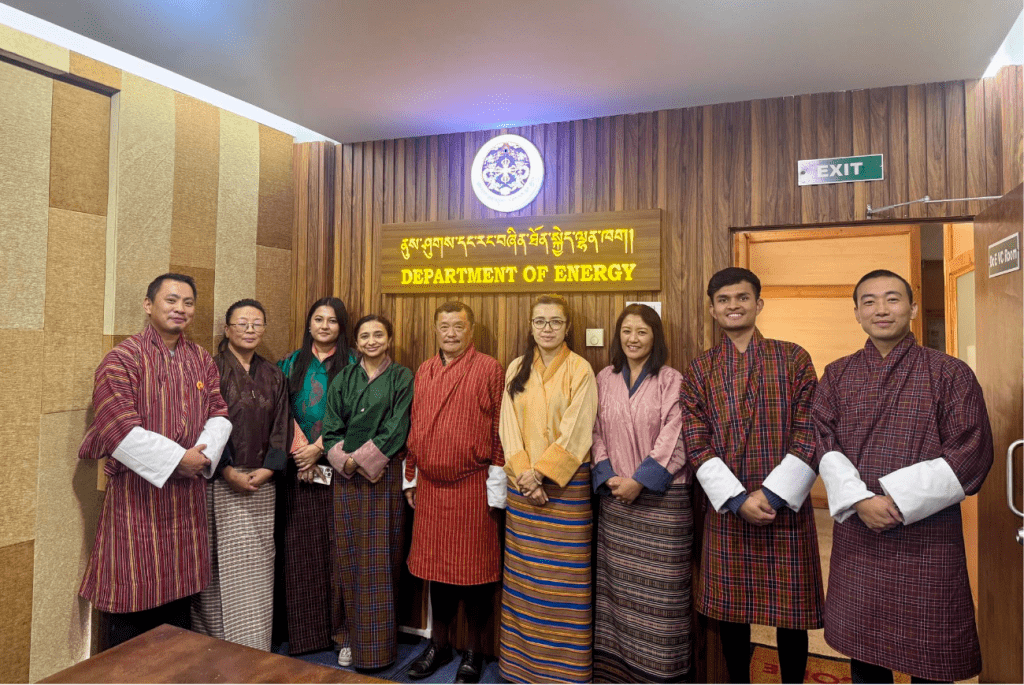
Today, White-bellied Heron was sighted at the Punatshangchhu-II Dam water reservoir. A lone heron, likely of first year juvenile that was fledged in previous year from nearby nesting site was observed.
The sighting is significant as it marks the crucial ecology for herons to adapt the varying conditions of the habitat change.
This water reservoir is gaining popularity both for the waterbirds and the bird watchers in the country. A recent record of Oriental Darter, that is added new record for the country was also observed from the area a fortnight ago. Today, the Oriental Darter was observed to present at the same area.
On the auspicious occasion of Her Majesty The Gyaltsuen Jetsun Pema Wangchuck’s Birth Anniversary, our beloved Royal Patron,RSPN Bhutan with the students and teachers of Changangkha Middle Secondary School, developed and adopted an area into a “Garden of Peaceful Learning”.
Designed as a vibrant outdoor learning space, the garden ![]() features a diverse selection of climate-resilient improved fruit saplings-a living gift that honors Her Majesty’s steadfast commitment to protecting Bhutan’s natural legacy.
features a diverse selection of climate-resilient improved fruit saplings-a living gift that honors Her Majesty’s steadfast commitment to protecting Bhutan’s natural legacy.
Each tree stands as a quiet promise to protect, to nurture, and to carry forward Her Majesty’s vision of promoting education, nature conservation, and a compassionate society.
May this garden flourish as a sanctuary of knowledge, reflection, and reverence for generations to come.

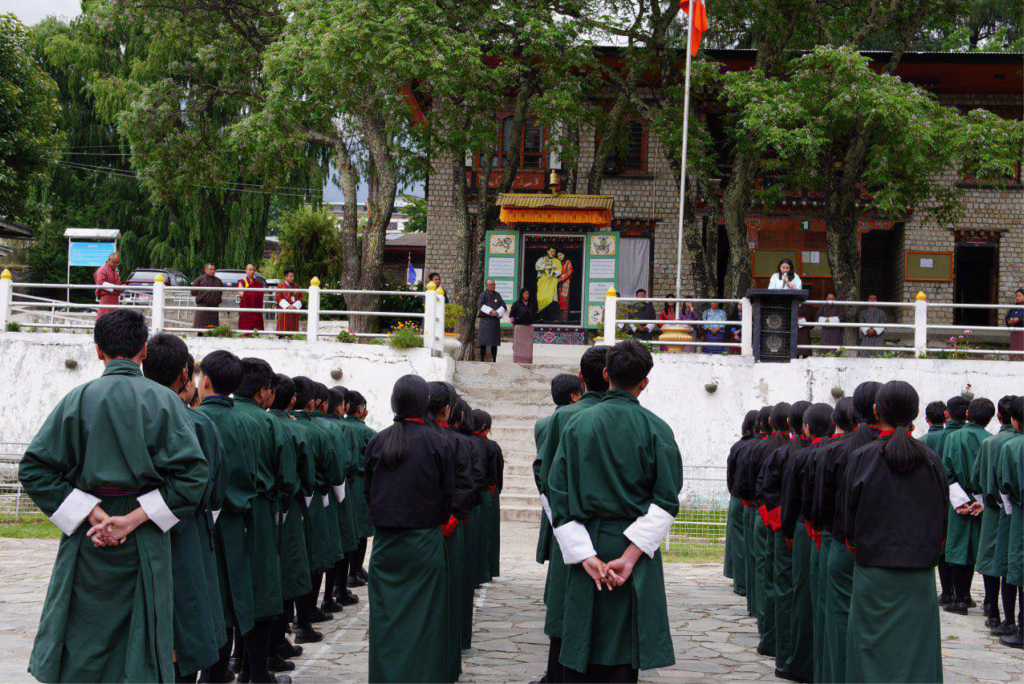
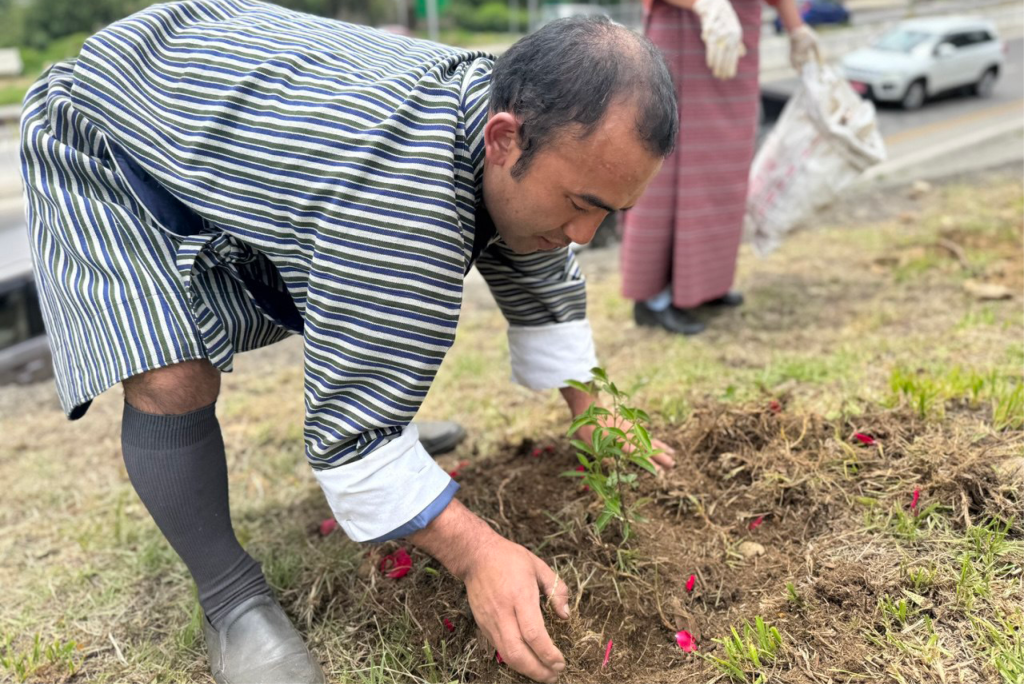
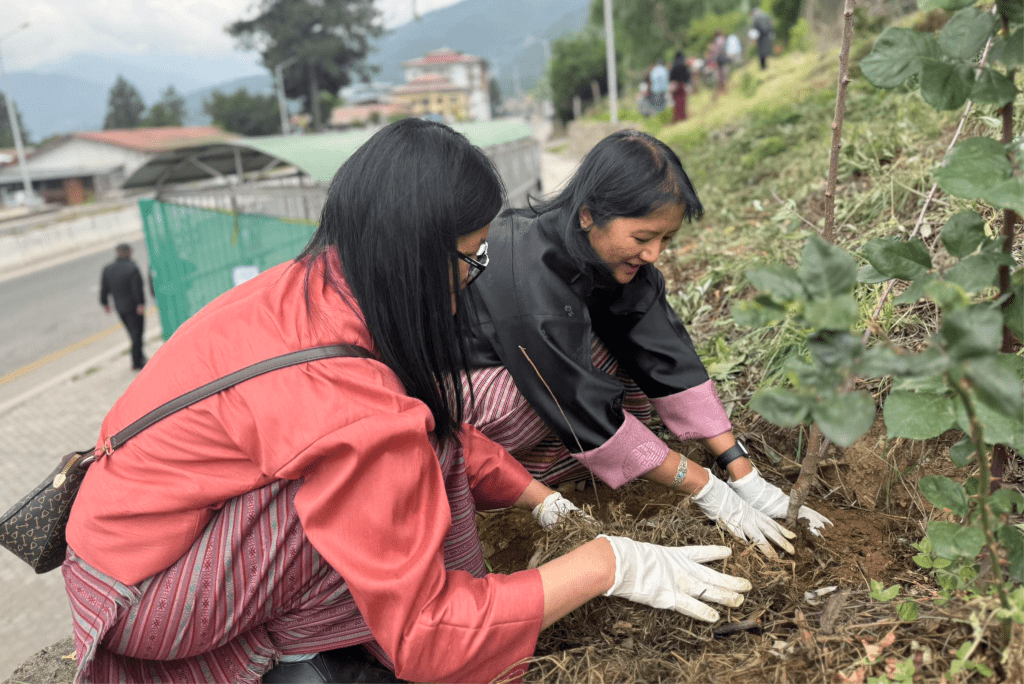
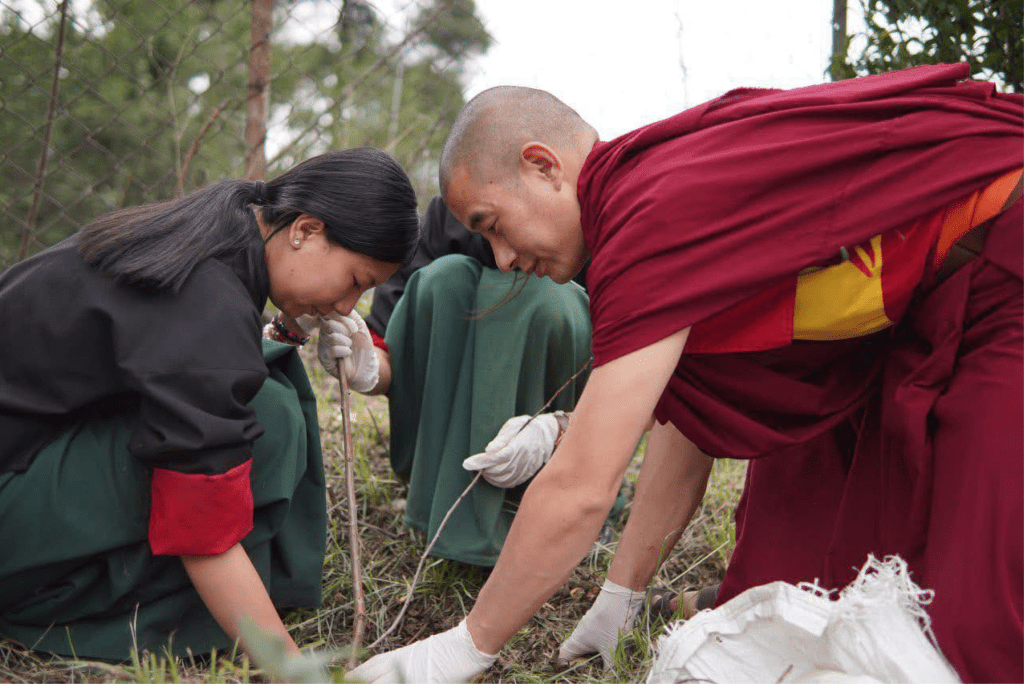
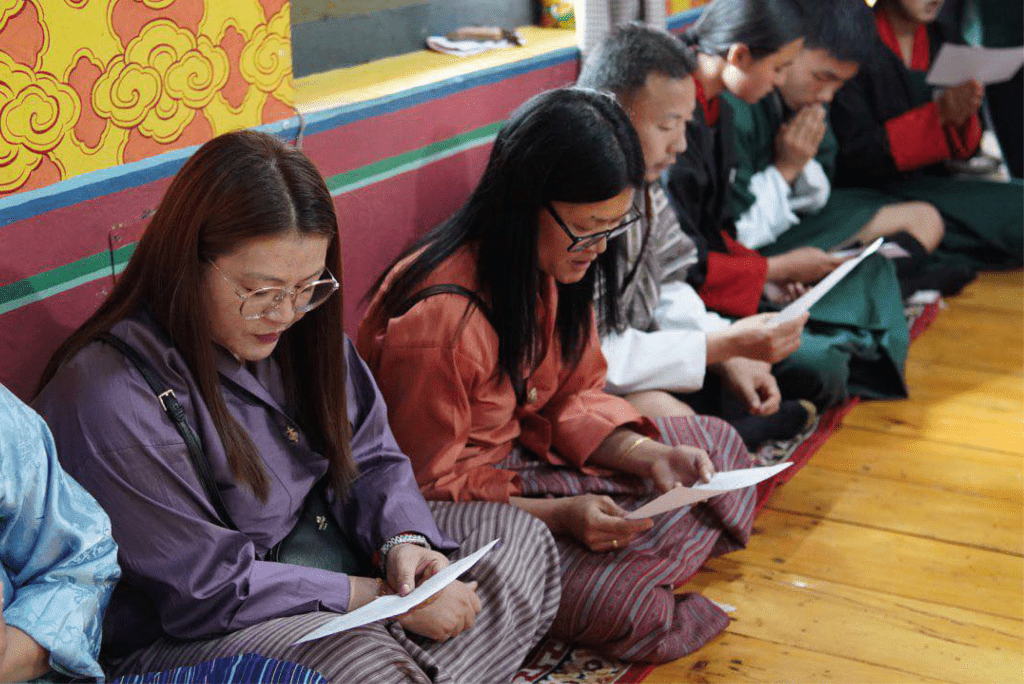
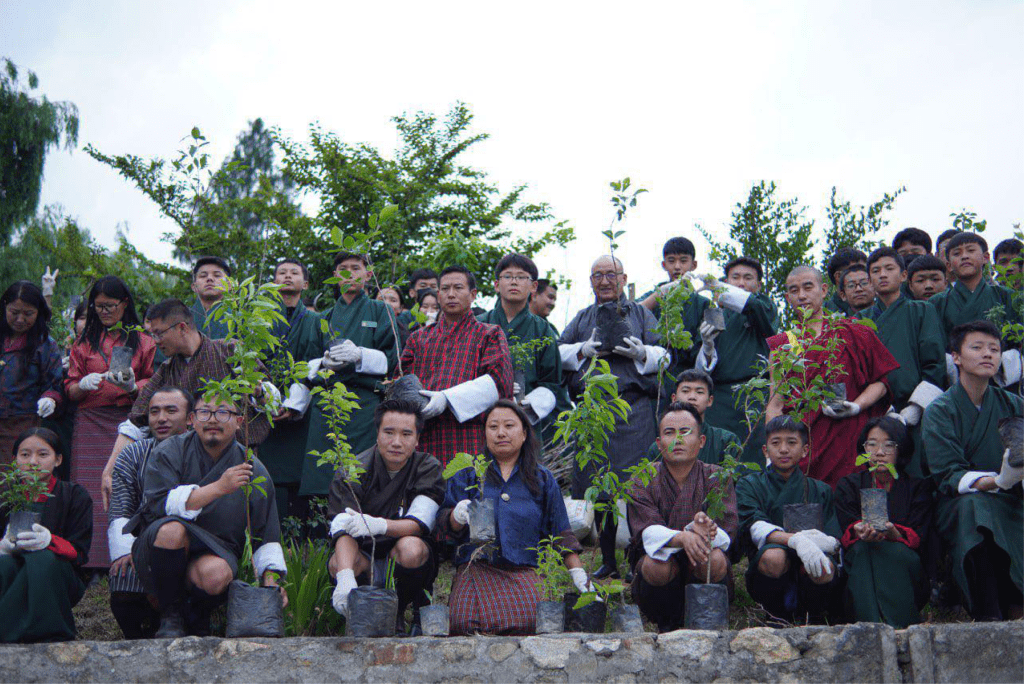
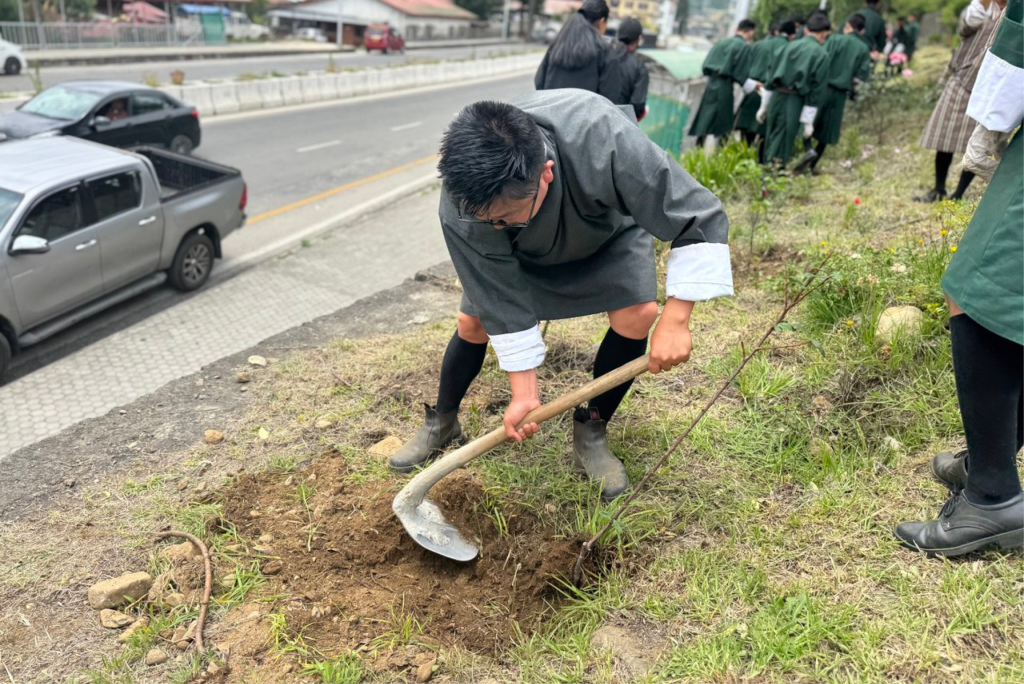
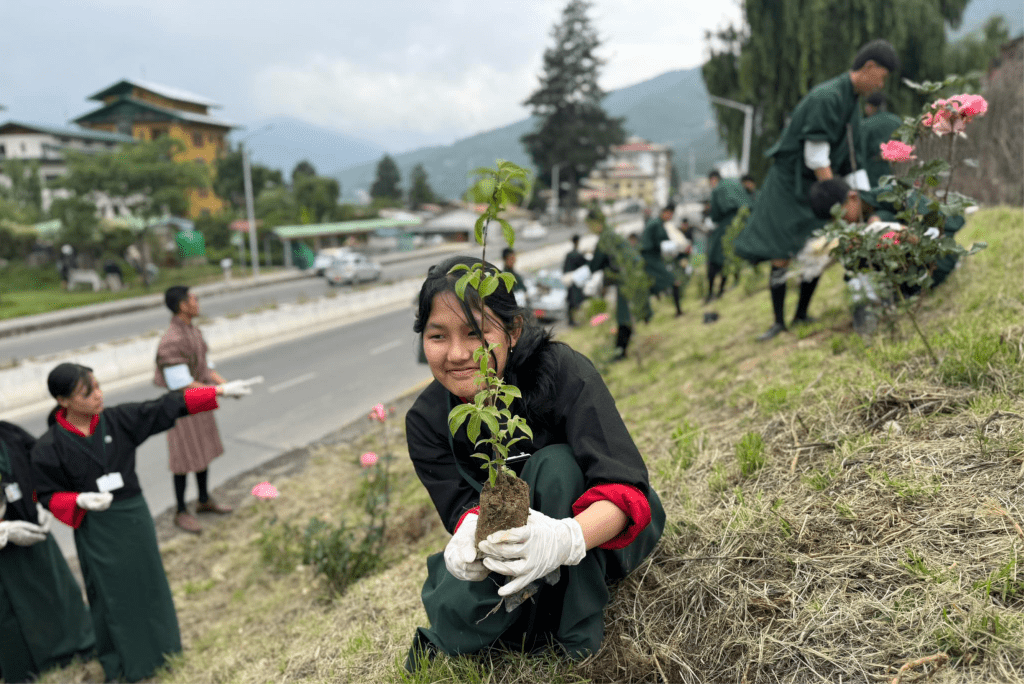
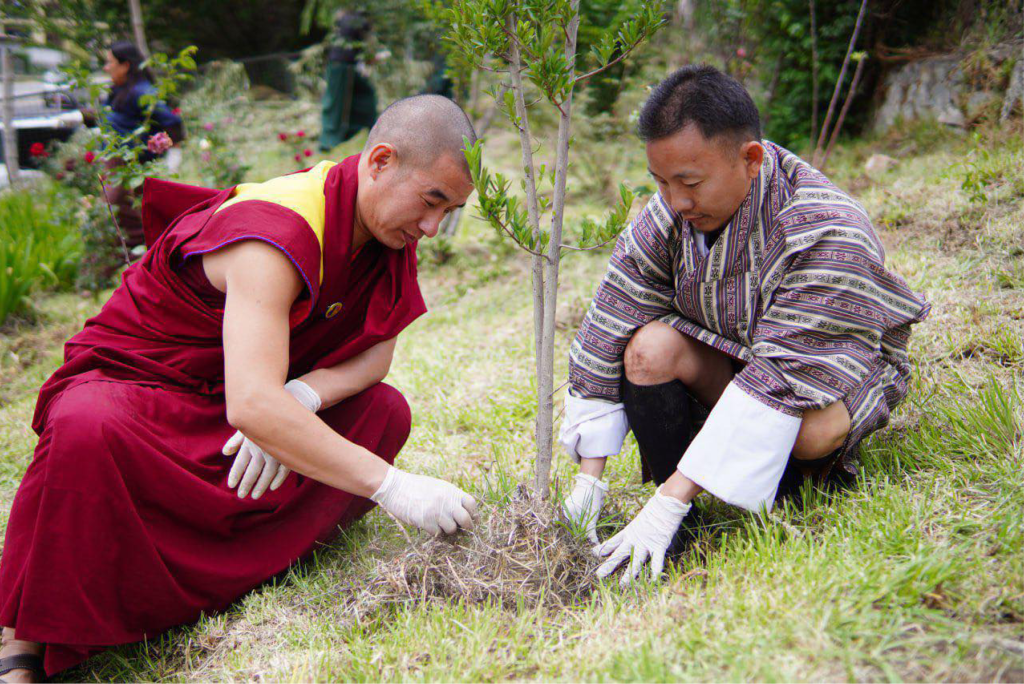
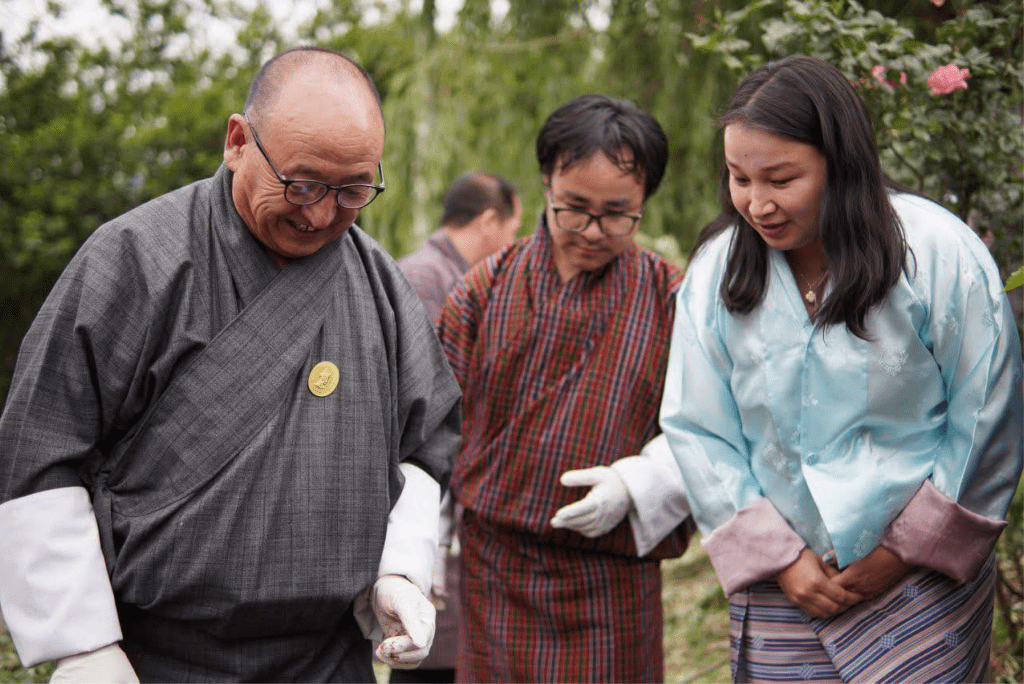
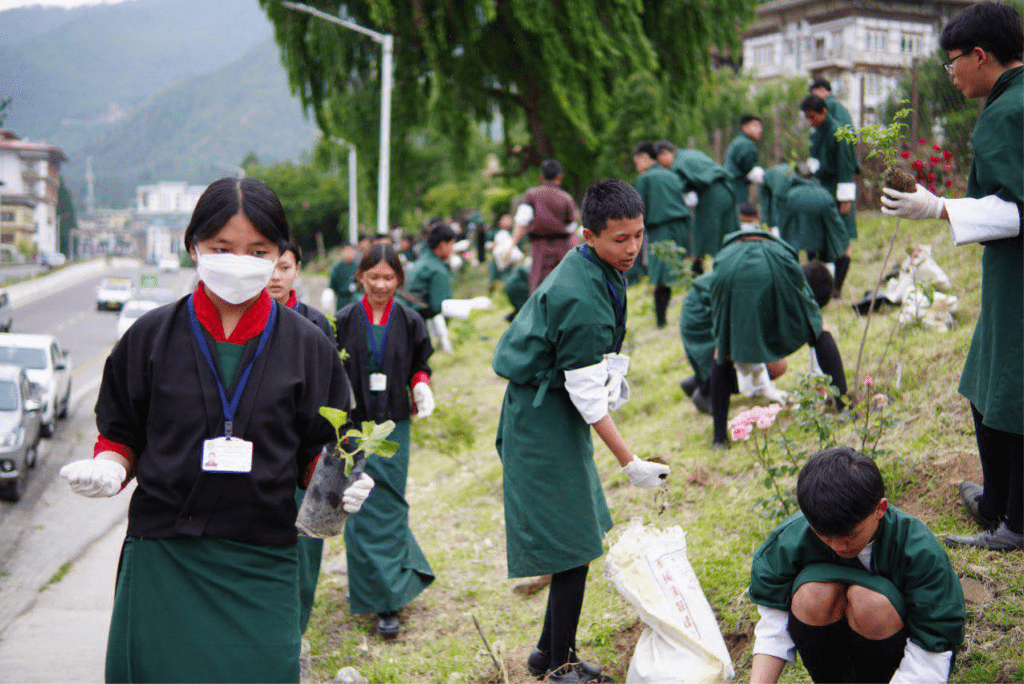
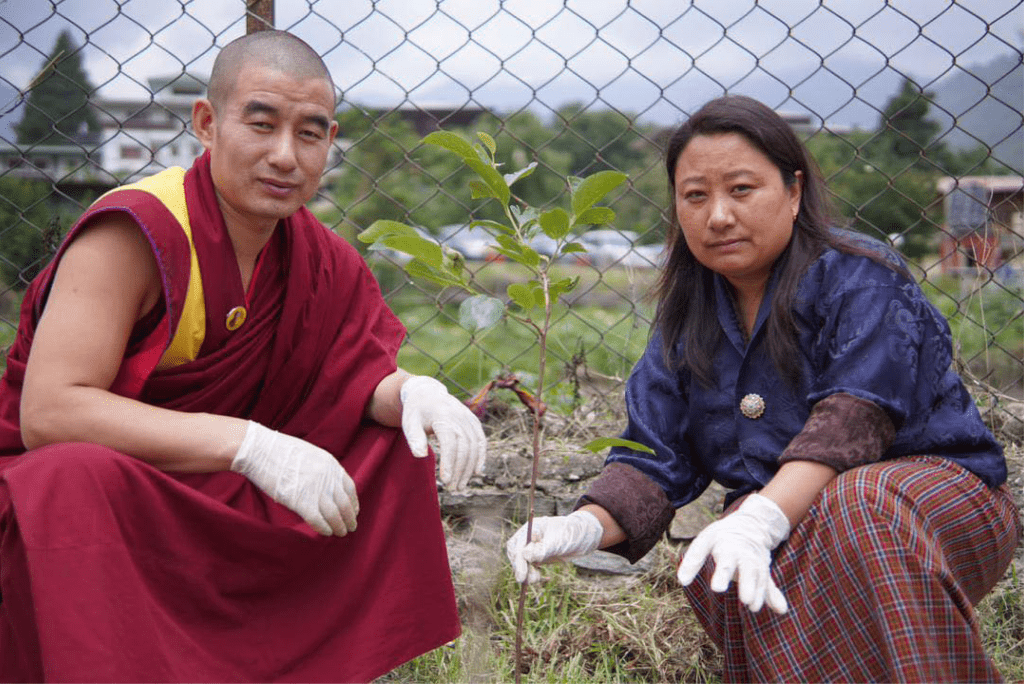
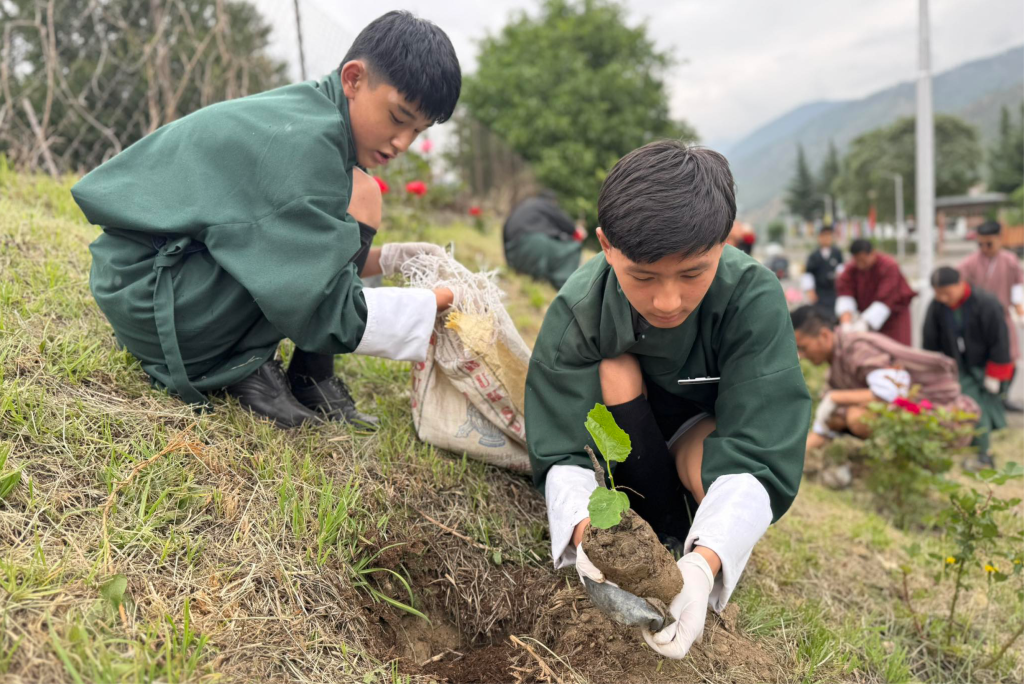
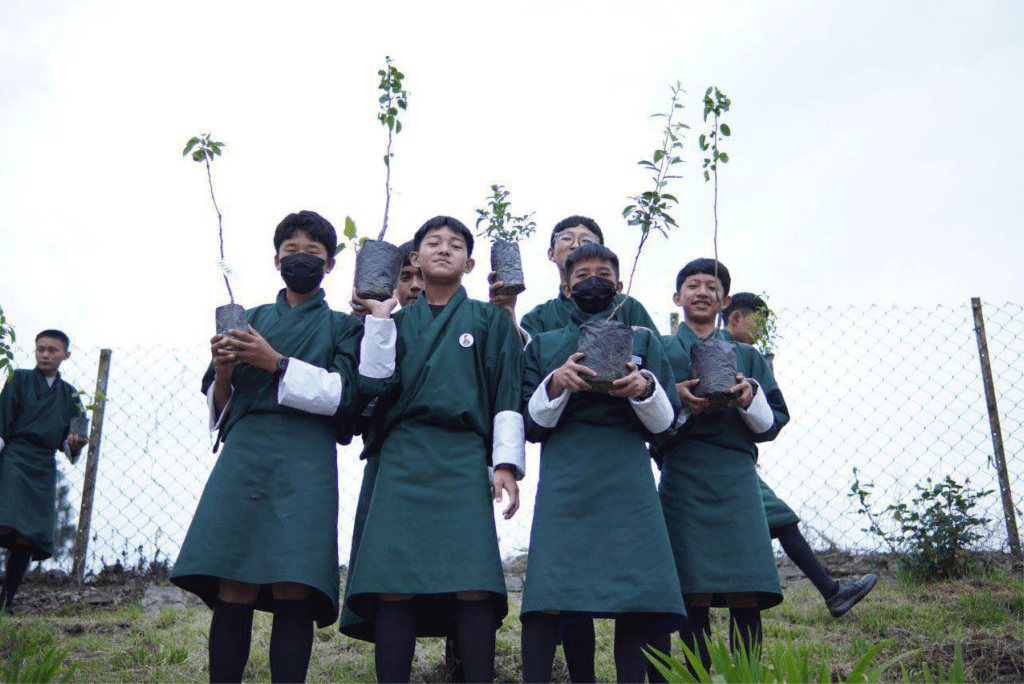
RSPN Bhutan successfully organized a two-day National Coordination Meeting, emphasizing the importance of collaboration for sustainable progress and environmental stewardship. The gathering reflected our shared commitment to fostering meaningful partnerships and driving impactful change. During the meeting, RSPN presented its Project Implementation Plan 2025, aligned with the 13th Five-Year Plan. The meeting also provided a platform to reflect on the challenges faced and areas for improvement in the implementation of RSPN project activities.
We extend our deepest gratitude to all our partners and stakeholders for attending and reaffirming our shared vision and commitment. Together, we move forward stronger!
#PartnershipForChange #conservationforall #nationalcoordinationmeeting
Department of Agriculture, Royal Government of Bhutan Department of Livestock, Royal Government of Bhutan Department of Forests and Park Services The Bhutan Youth Development Fund Jigme Singye Wangchuck School of Law Bhutan For Life
Department of Water Punakha Dzongkhag Administration Dagana Dzongkhag Administration Dzongkhag Administration of Wangduephodrang #TrongsaDzongkhag #zhemgangAdministration
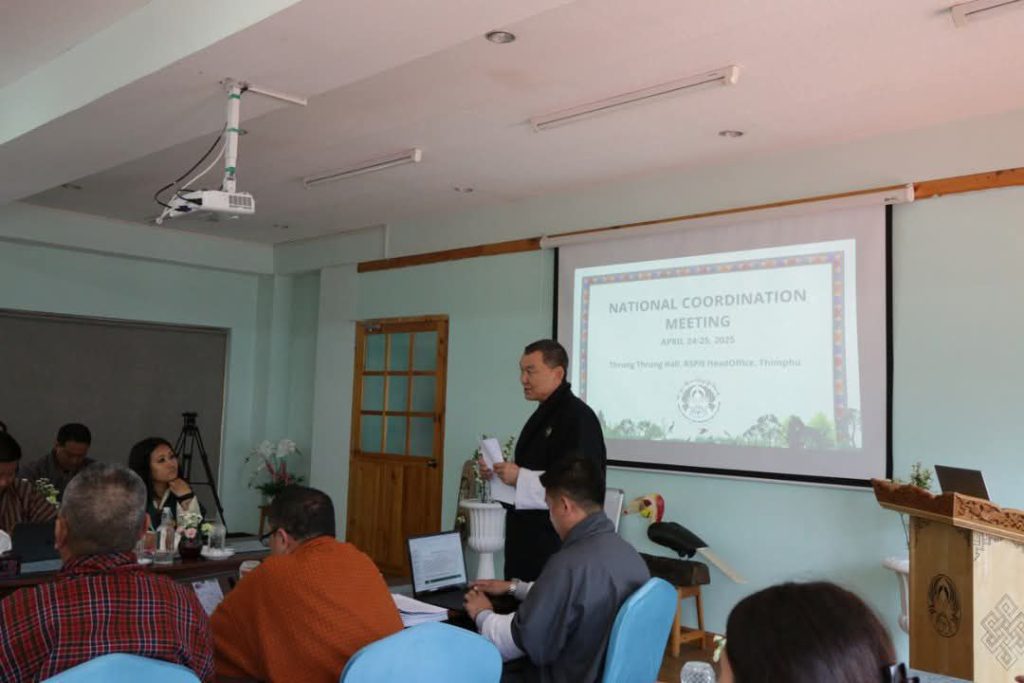
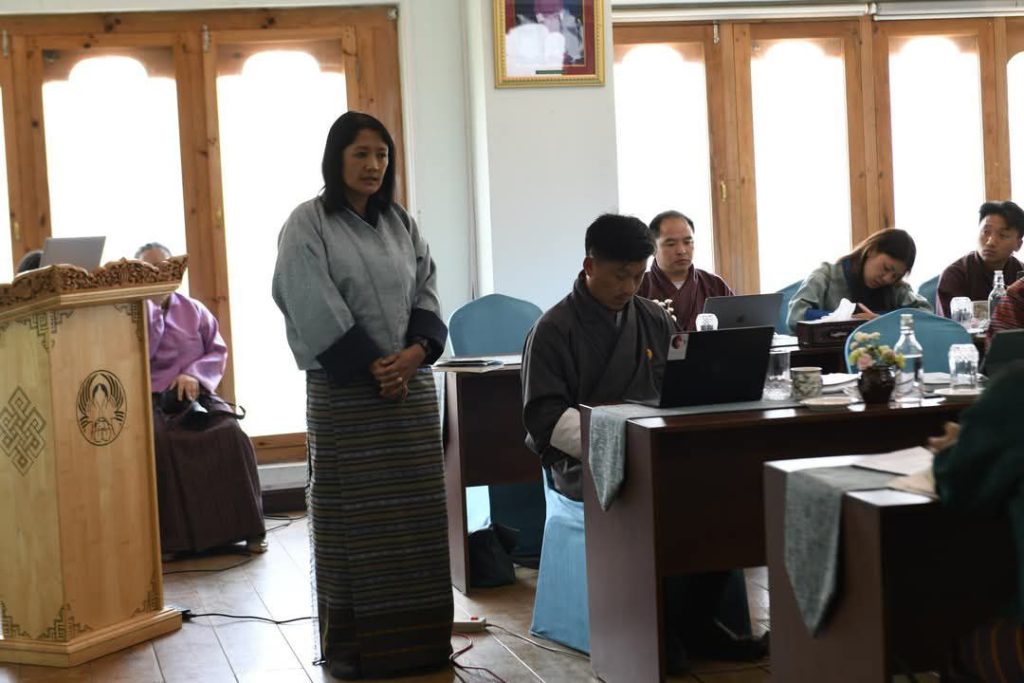
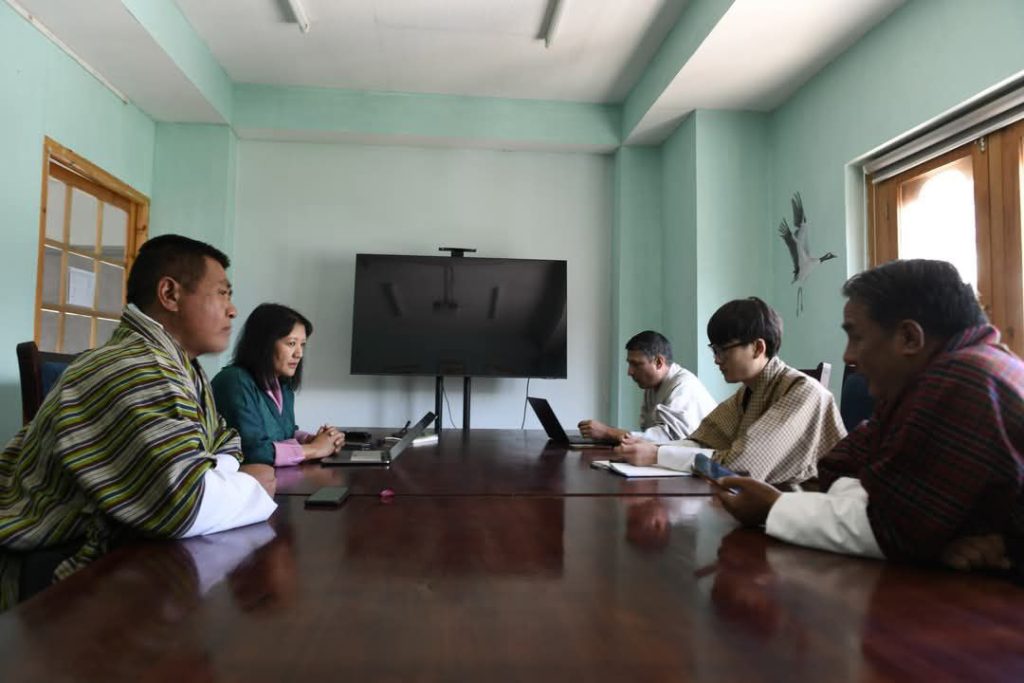
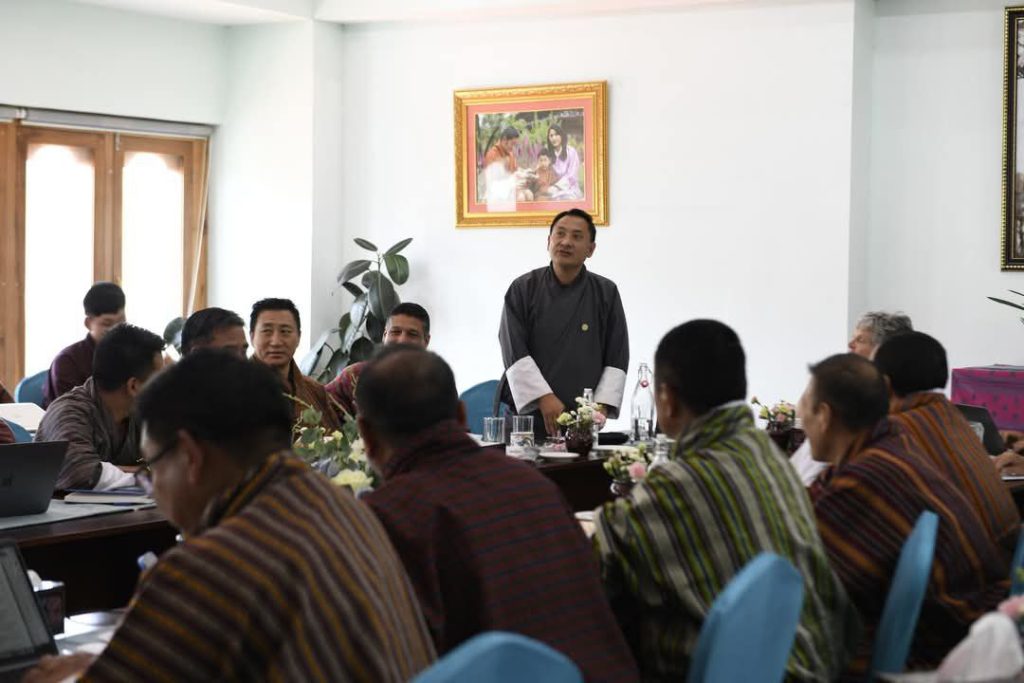
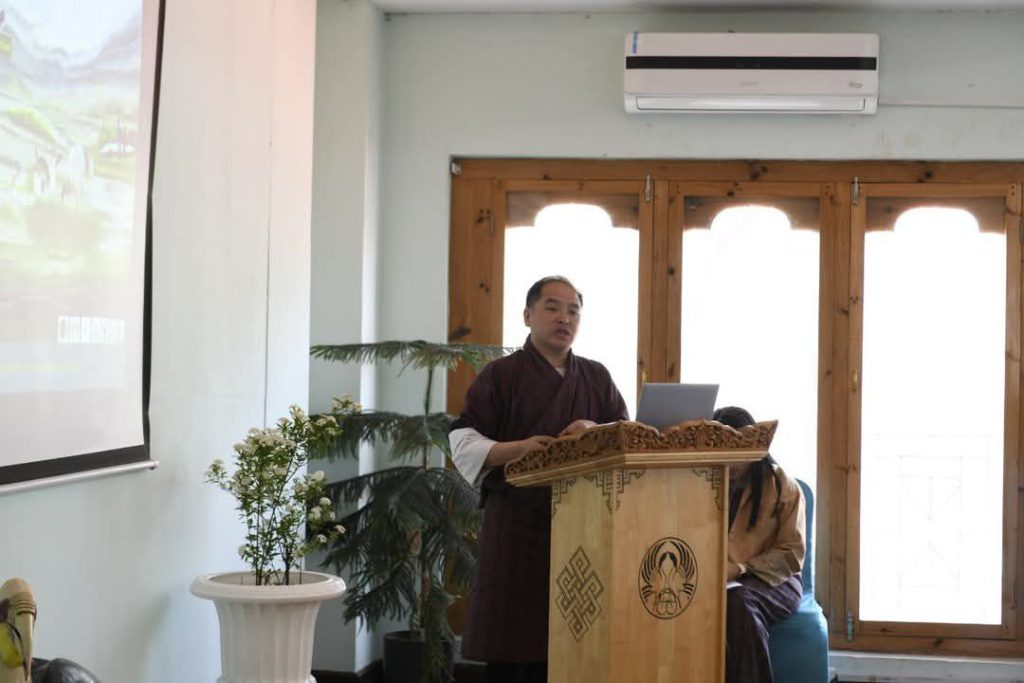
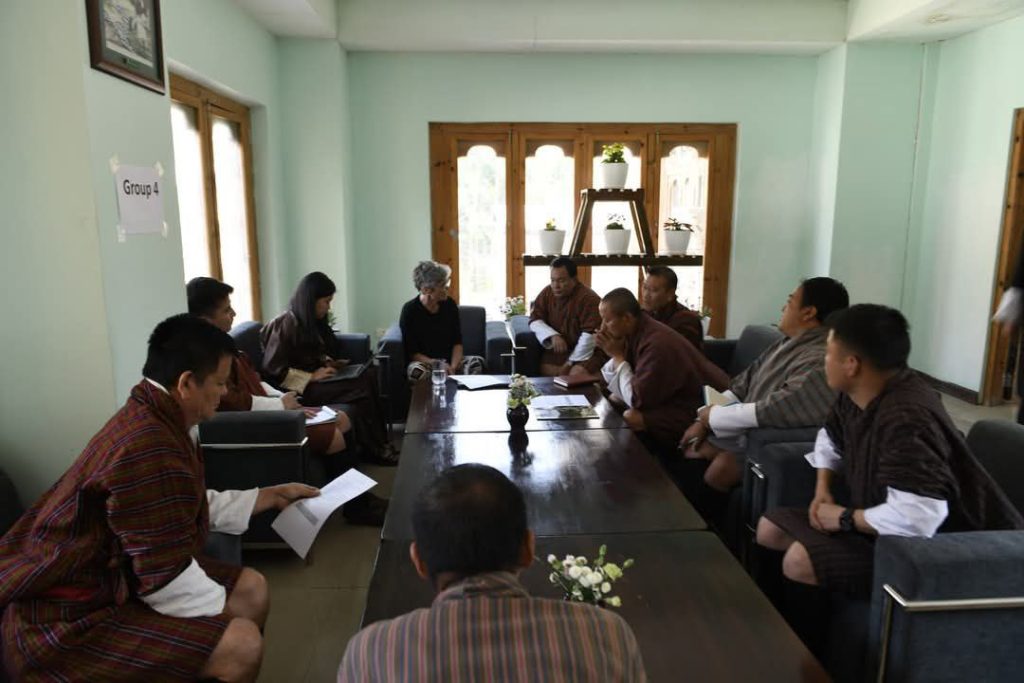
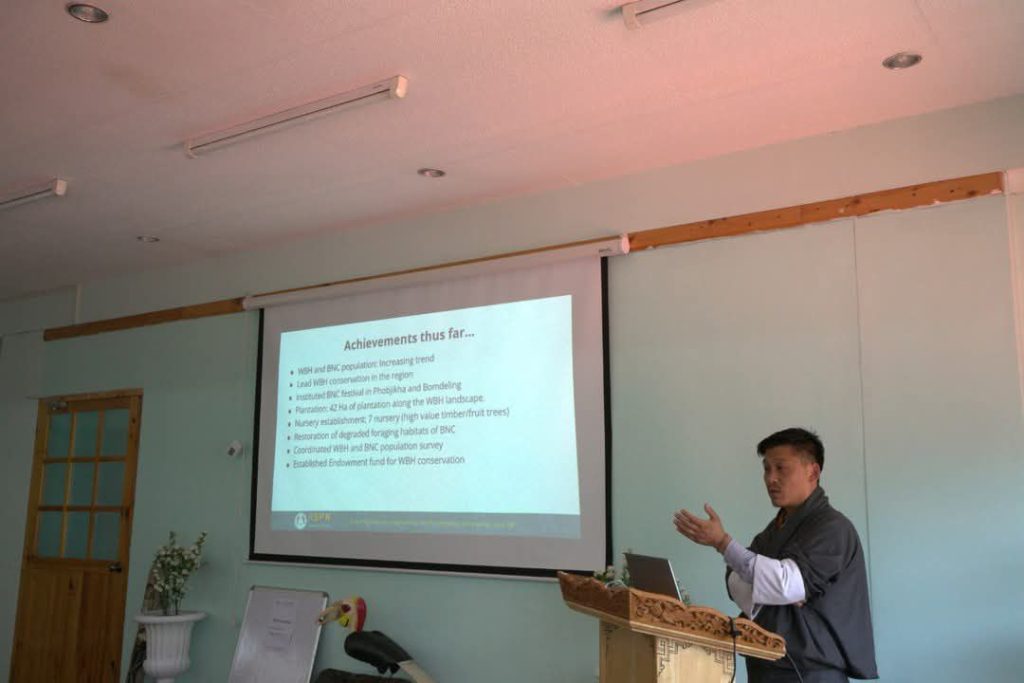
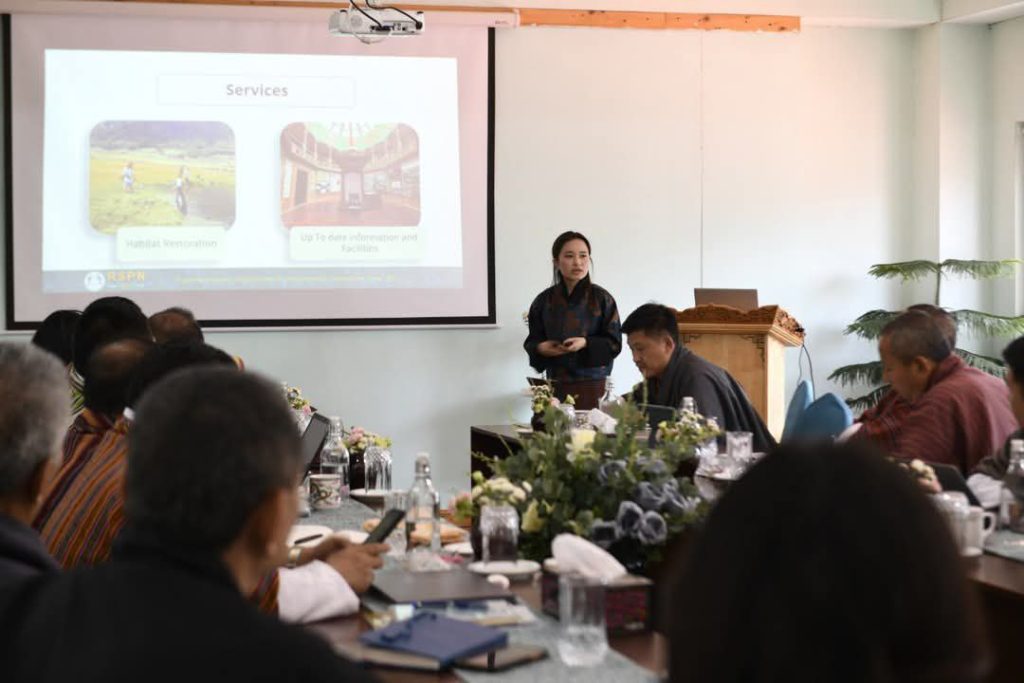
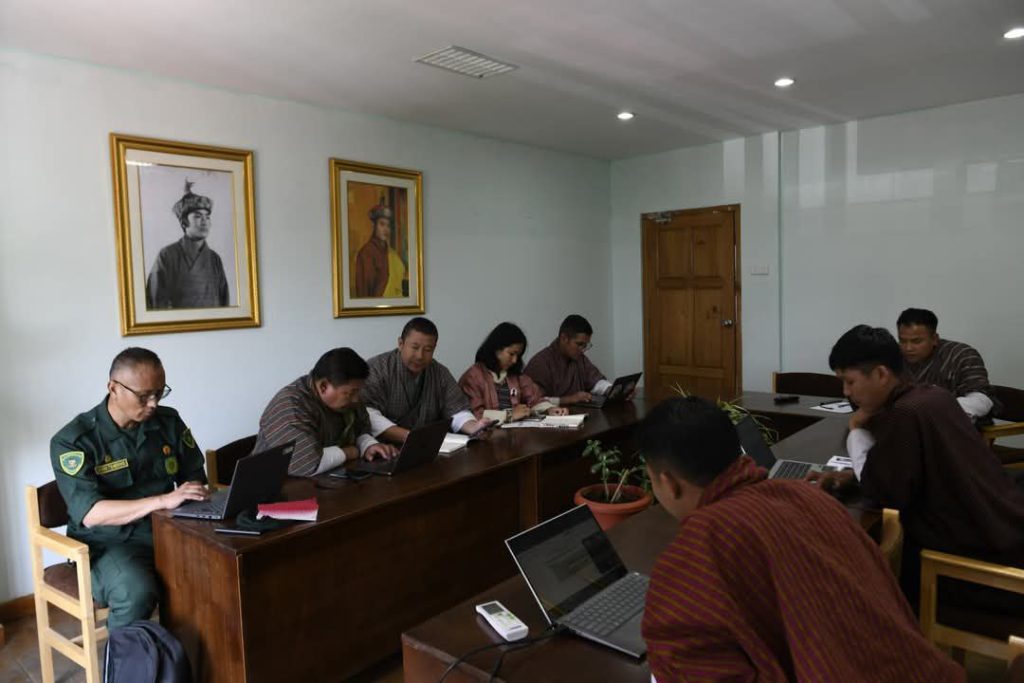
RSPN Bhutan organized a National Stakeholder Consultation meeting to review and update key strategic frameworks, including 𝗘𝗻𝘃𝗶𝗿𝗼𝗻𝗺𝗲𝗻𝘁 𝗮𝗻𝗱 𝗦𝗼𝗰𝗶𝗮𝗹 𝗦𝗮𝗳𝗲𝗴𝘂𝗮𝗿𝗱𝘀 (𝗘𝗦𝗦), 𝗚𝗲𝗻𝗱𝗲𝗿 𝗣𝗼𝗹𝗶𝗰𝗶𝗲𝘀, 𝗚𝗿𝗶𝗲𝘃𝗮𝗻𝗰𝗲 𝗥𝗲𝗱𝗿𝗲𝘀𝘀𝗮𝗹 𝗠𝗲𝗰𝗵𝗮𝗻𝗶𝘀𝗺 (𝗚𝗥𝗠), 𝗮𝗻𝗱 𝗔𝗻𝘁𝗶-𝗠𝗼𝗻𝗲𝘆 𝗟𝗮𝘂𝗻𝗱𝗲𝗿𝗶𝗻𝗴 𝗮𝗻𝗱 𝗖𝗼𝘂𝗻𝘁𝗲𝗿𝗶𝗻𝗴 𝗙𝗶𝗻𝗮𝗻𝗰𝗶𝗻𝗴 𝗧𝗲𝗿𝗿𝗼𝗿𝗶𝘀𝗺 (𝗔𝗠𝗟/𝗖𝗙𝗧) 𝗣𝗼𝗹𝗶𝗰𝘆.
This meeting is a crucial step toward Accreditation for Climate Financing and brought together key stakeholders, including representatives from Royal Monetary Authority (RMA), Ministry of Finance (MoF), Bhutan Trust Fund for Environmental Conservation (BTFEC), Department of Environment and Climate Change (DECC), and CSOs like The Bhutan Youth Development Fund (YDF) and Bhutan Centre for Media and Democracy (BCMD).
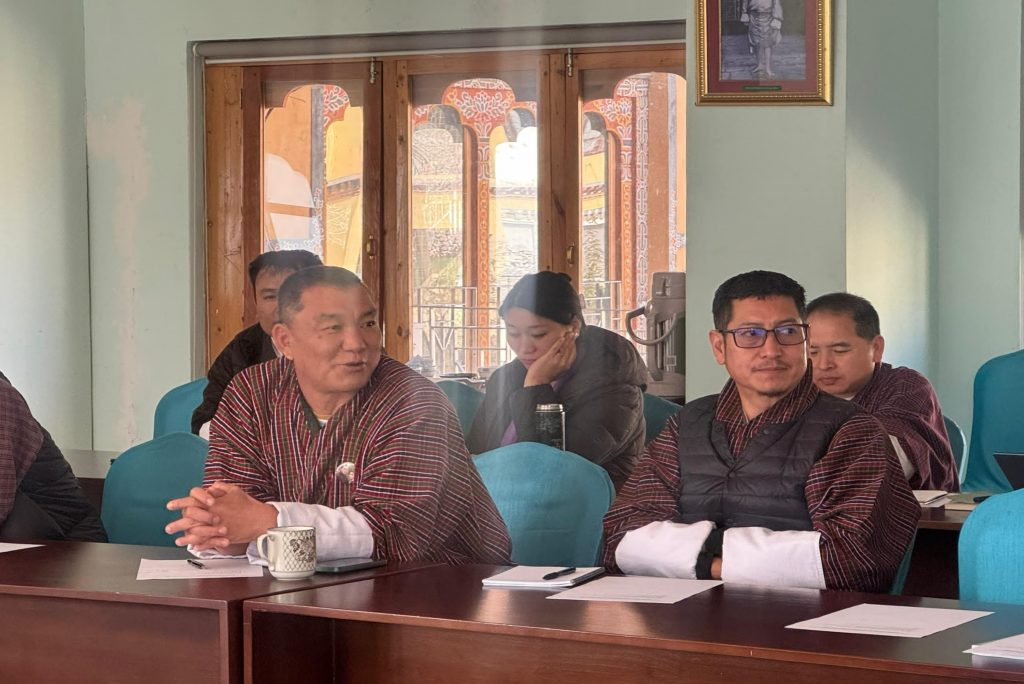
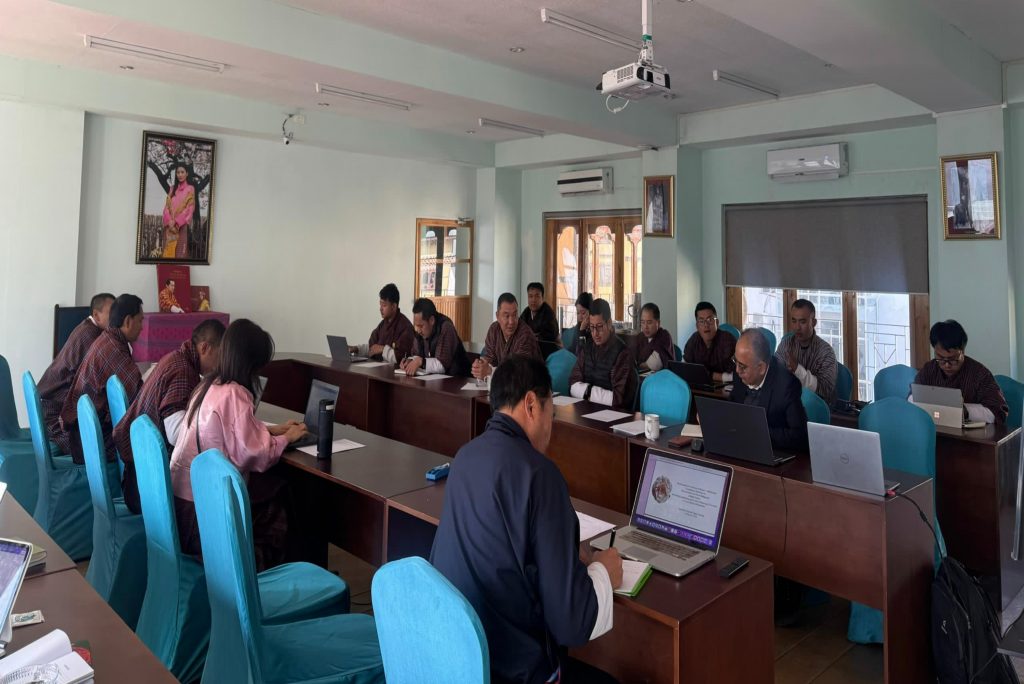
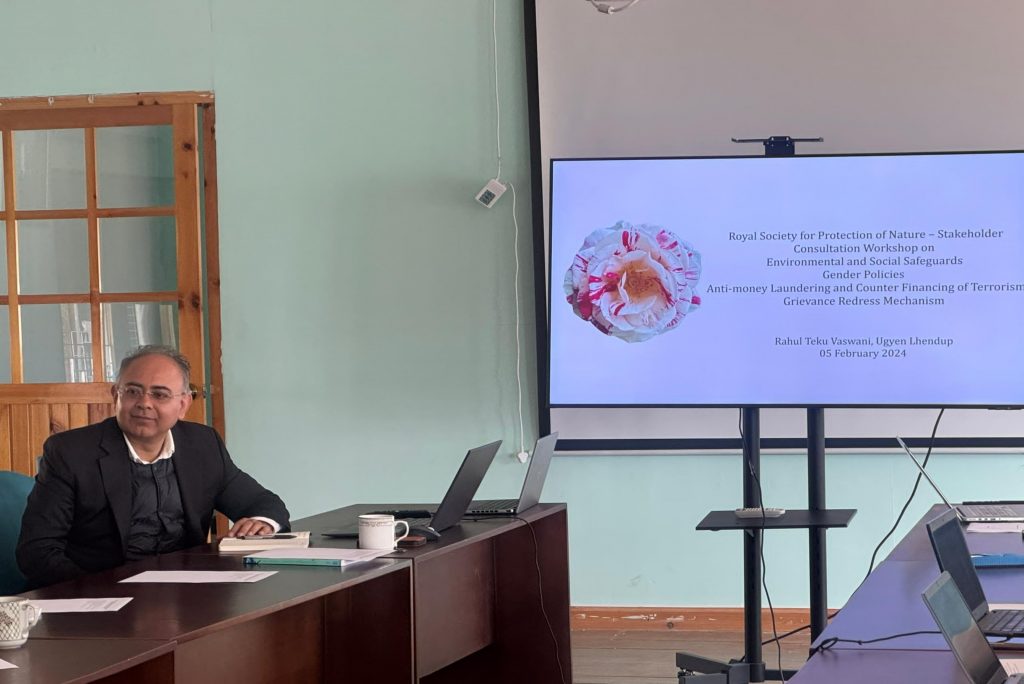
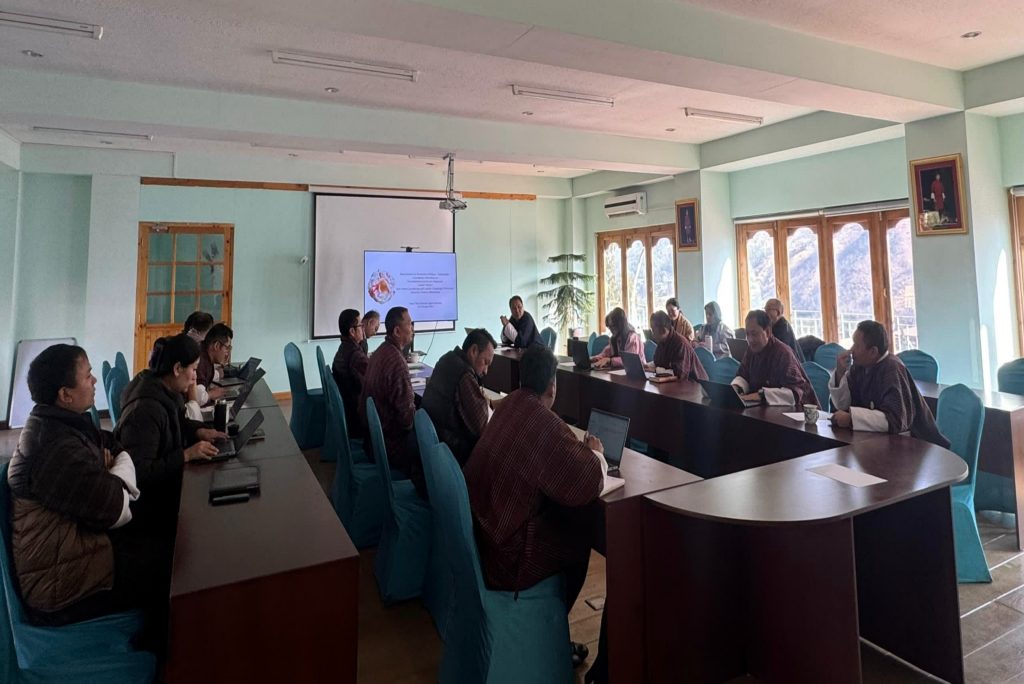
The Royal Society for Protection of Nature (RSPN) held inception meeting on ‘’𝐀𝐩𝐩𝐥𝐢𝐜𝐚𝐭𝐢𝐨𝐧 𝐟𝐨𝐫 𝐚 𝐆𝐫𝐚𝐧𝐭 𝐭𝐨 𝐬𝐮𝐩𝐩𝐨𝐫𝐭 𝐍𝐈𝐄 𝐚𝐜𝐜𝐫𝐞𝐝𝐢𝐭𝐚𝐭𝐢𝐨𝐧 𝐭𝐡𝐫𝐨𝐮𝐠𝐡 𝐭𝐡𝐞 𝐫𝐞𝐚𝐝𝐢𝐧𝐞𝐬𝐬 𝐩𝐚𝐜𝐤𝐚𝐠𝐞’’ with the National Implementing Entity (NIE), Bhutan Trust Fund for Environmental Conservation (BTFEC) on October 16, 2024 at BTFEC office. This readiness grant of US$ 150,000 is a preparatory and readiness fund to be granted to RSPN by the Adaptation fund through BTFEC.
The grant will be implemented by RSPN in collaboration with BTFEC over a period of one year. It has the following three components
1. Developing and updating policies and manuals of RSPN
2. Stakeholder consultation meeting to discuss and respond to AF accreditation comments
3. Conduct annual audit
RSPN extends its gratitude to Adaptation Fund and BTFEC for the grant and look forward for similar partnership.
As the harvest season approach, Ap Dorji Rinchen, a resident of Toedwang gewog in Punakha, can finally rest without sacrificing his sleep to guard his six acres of wetland from wild boars and other animals. Earlier,the community had built 11 temporary sheds around the fields for protection,with each household taking turns to monitor the crops overnight.
Now with the introduction and support of electric fencing by the RSPN, the situation has improved significantly. This intervention, which covers six villages has benefited 42 households and protects around 90 acres of farmland. The 17-kilometre stretch of fencing with a total budget of Nu 2.5 million was inaugurated on September 30th,2024.
Prior to the project’s implementation, the local residents were felling trees from the nearby banks of the Phochhu River to use as fencing poles. The resident shared that led to the habitat disturbance of local wildlife including the critically endangered White-bellied Heron (WBH) and highlighted the need for sustainable solutions to protect both the environment and the community’s livelihoods.
Currently, the High-Density Poly-ethylene (HDPE) pipes are used for the electric fence. The HDPE poles not only reduce the impact on local forests but also enhance the durability and effectiveness of the fencing system.
Last year, the WBH juvenile was spotted in Samdingkha area which shows that with the restoration and habitat improvement intervention, the WBH comes back to its natural habitat.
This activity is a part of IKI Project “Developing Ecosystem-based Solutions for Managing Biodiversity landscapes in Bhutan” funded by the Federal Ministry for the Environment, Nature Conservation, Nuclear Safety and Consumer Protection (BMUV), Germany through International Climate Initiative (IKI) with co-funding from MAVA Foundation, Switzerland and the Royal Society for Protection of Nature (RSPN).
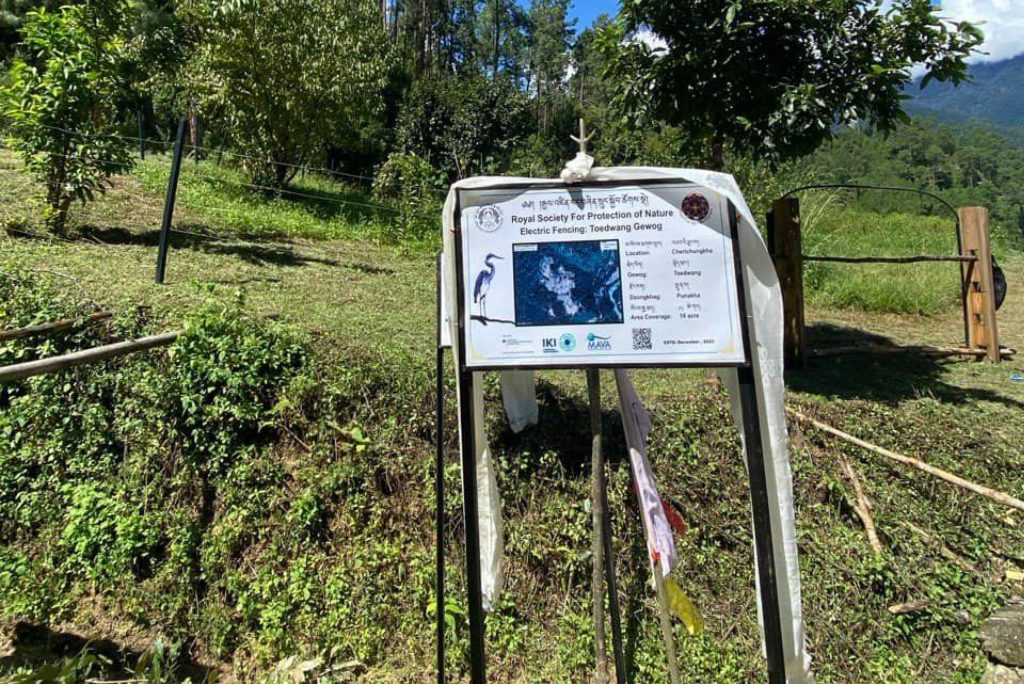
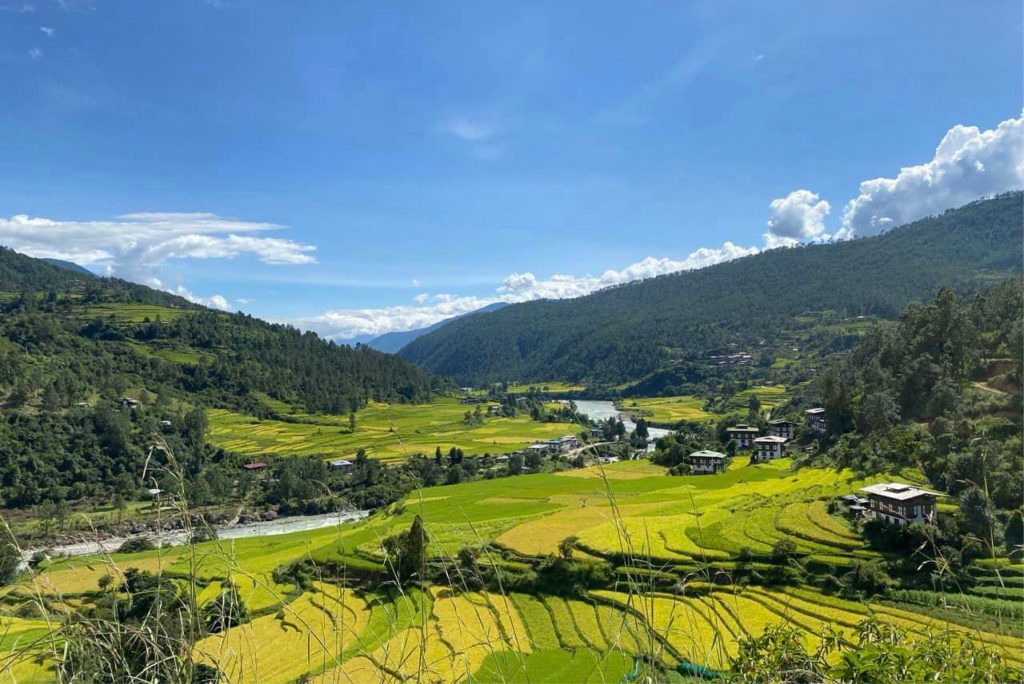
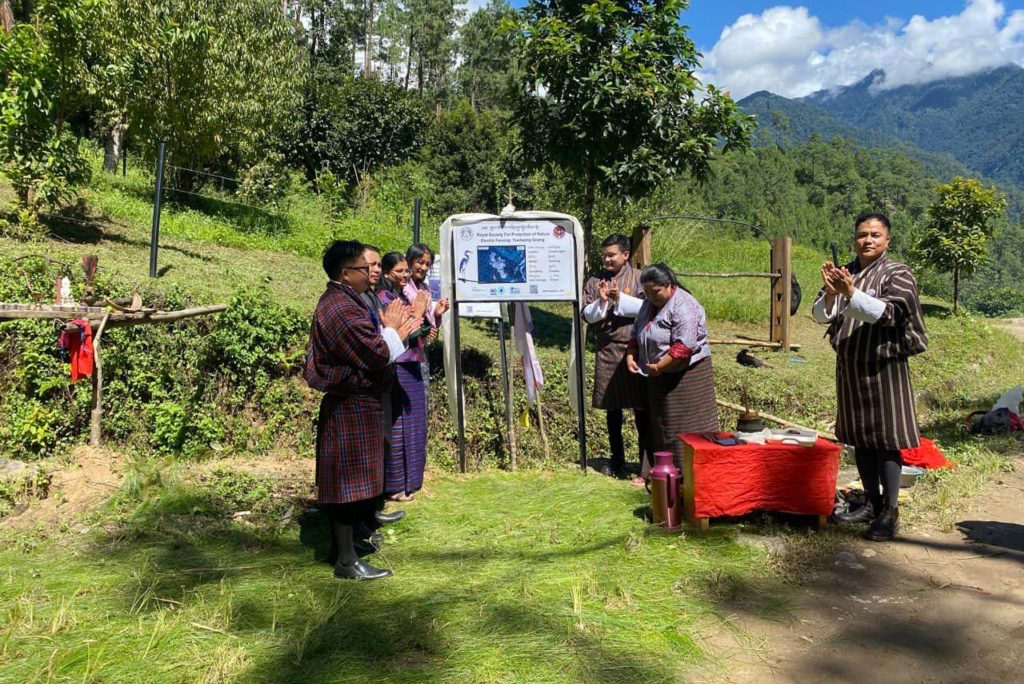
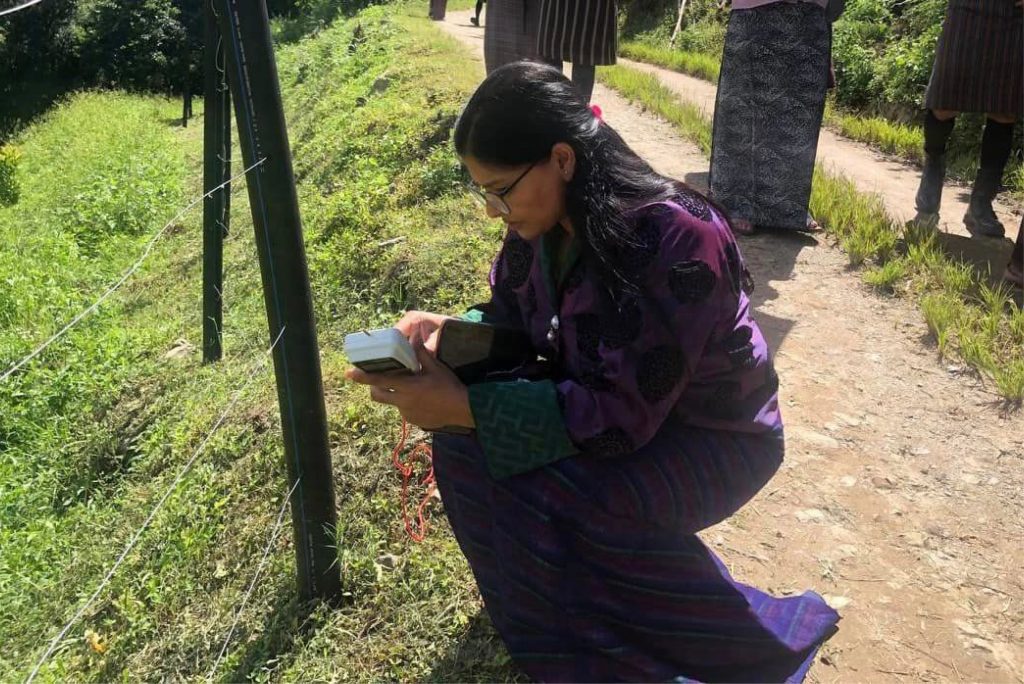
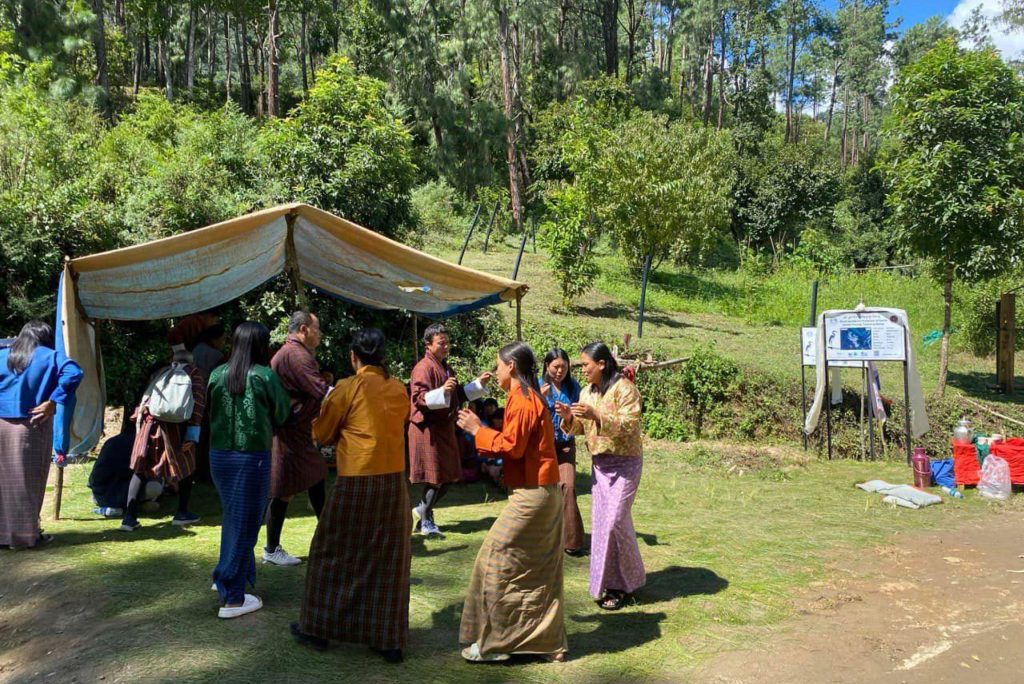
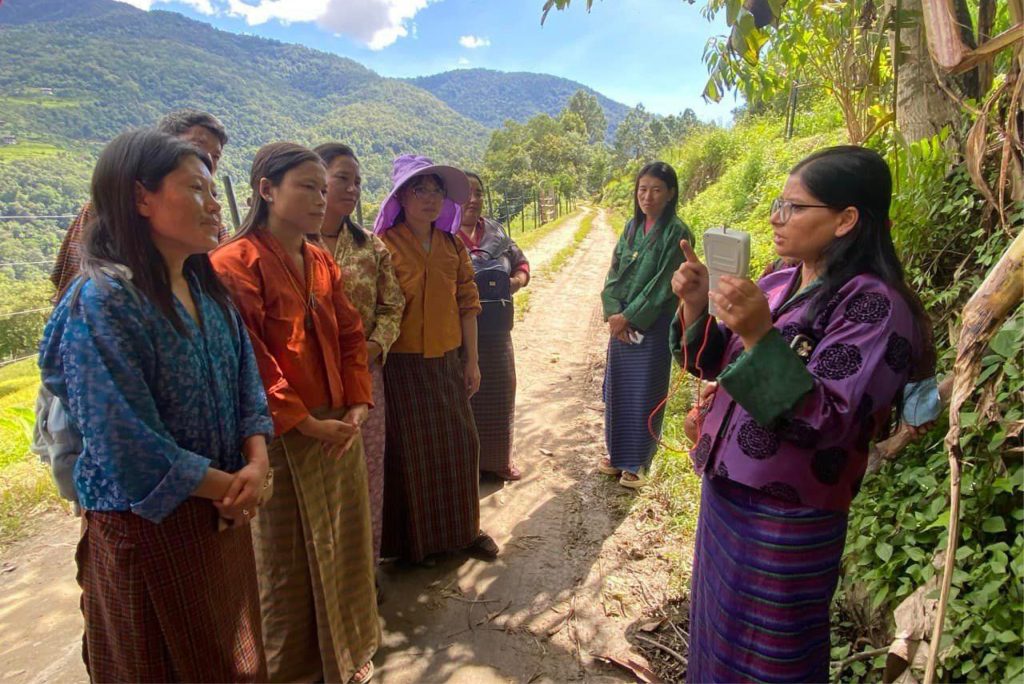
The 21st BirdLife Asia Regional Partnership Meeting is currently happening in Indonesia. The three day partnership meeting is attending by 14 BirdLife partners in Asia, and some of the key stakeholders having association to BirdLife in Asia. RSPN Bhutan is only BirdLife partner from Bhutan and representing this partnership meeting.The partnership meeting organized by BirdLife International Asia and co-hosted by Burung Indonesia outlines following objectives;
Monitor and evaluate progress on delivery of the key conservation priorities identified by the Asia Conservation Strategy to advance the BirdLife Strategy (2023-2032).
Continue to unite around joint initiatives to deliver on the key conservation priorities identified by the BirdLife Asia Partnership.
To strengthen the Asia Partnership is in a better position to deliver on our shared conservation priorities, develop plans to strengthen Partners and the Partnership.
Today, in the first day of partnership meeting, RSPN presented some of the significant milestones it has achieved in recent years for conserving biodiversity, creating sustainable development, mitigating climate change impacts and other areas that supplements the effort of the government. In the following days, RSPN will present Ecotourism and Climate Change initiatives.
RSPN became the 122nd BirdLife Partner organization in 2016. As the largest conservation NGO in Bhutan, it dedicates itself to pioneering biodiversity safeguards, the environment, sustainable development and climate change.
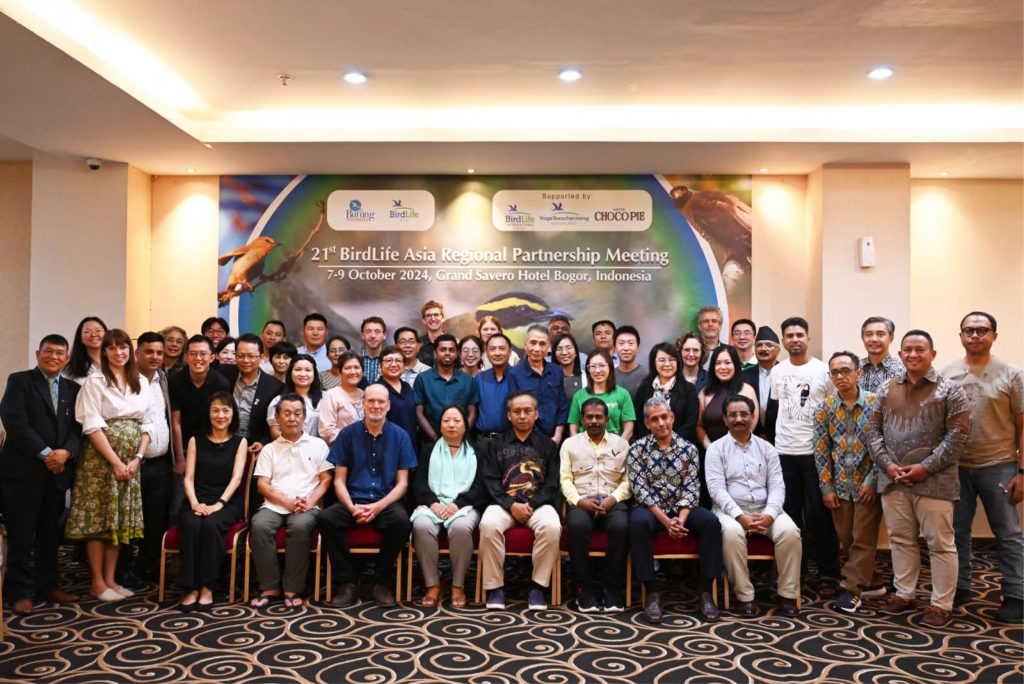
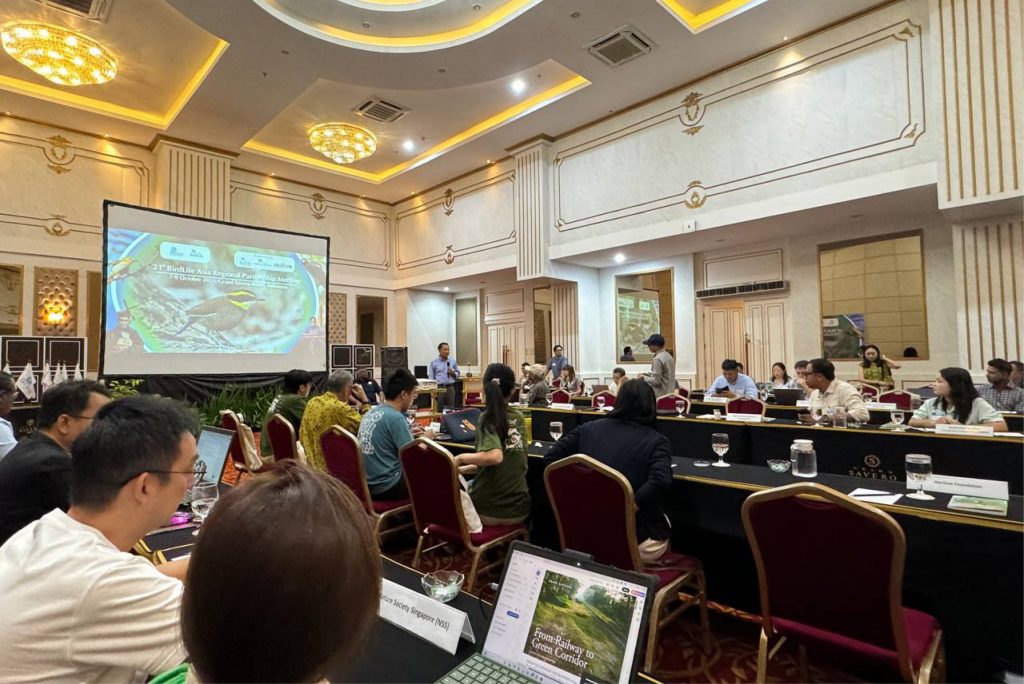
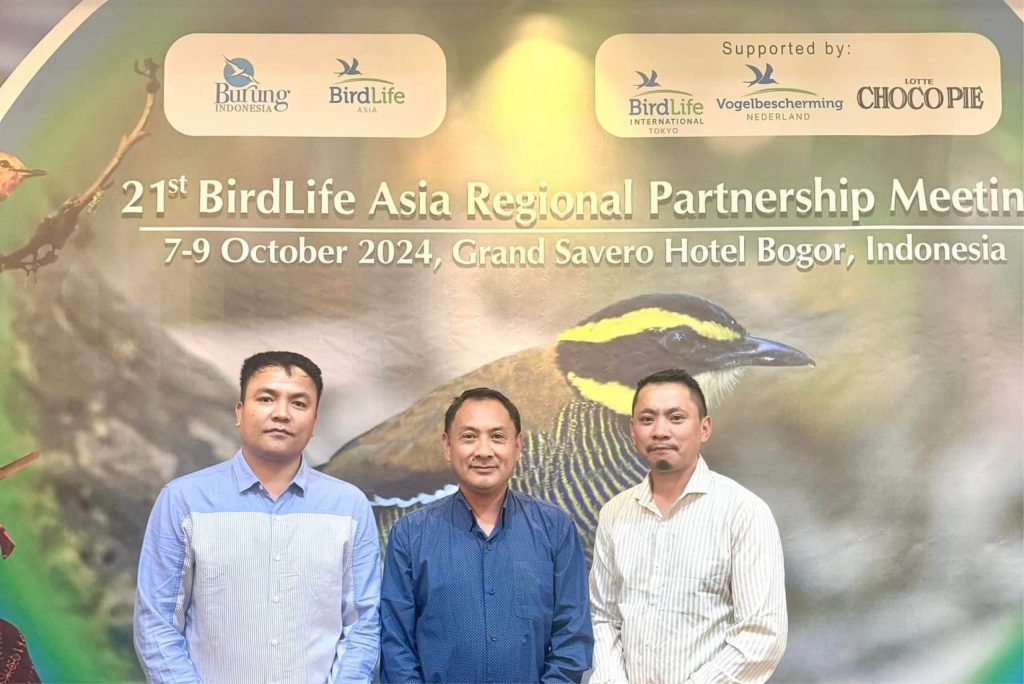
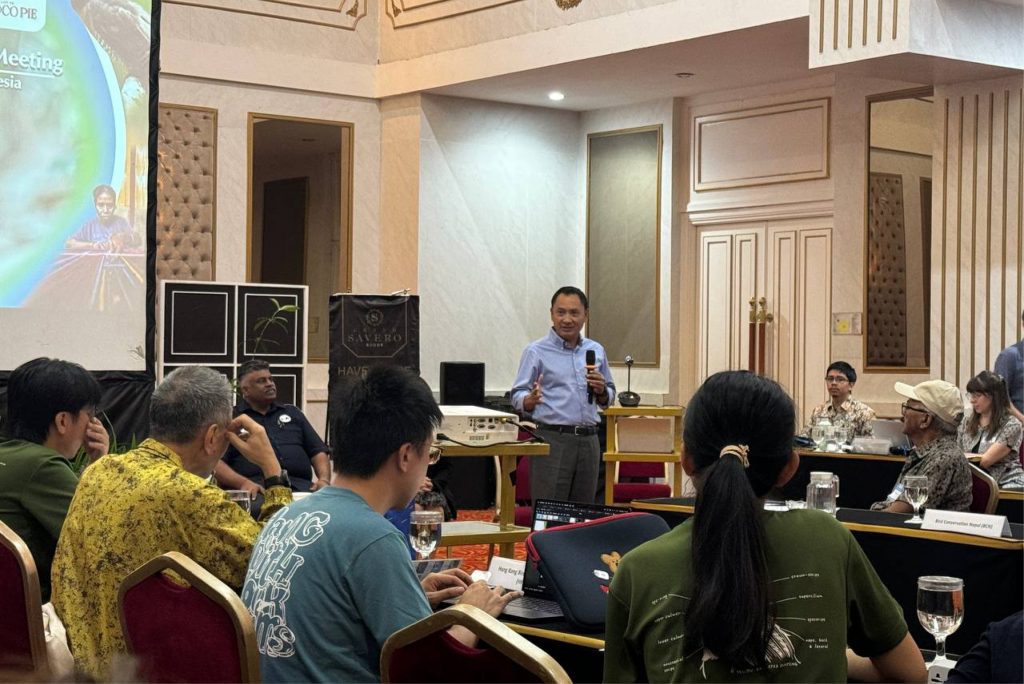
Today, the employees of Punatsangchhu-I Hydroelectric Project(PHPA-I) attended an advocacy program on White-bellied Heron. A total of 21 staff members visited the White-bellied Heron Conservation Center (WBHCC) and attended the day-long program in understanding the heron conservation works.
The WBHCC staff made a guided tour for the participants and presented on the ecology and some of the conservation approaches RSPN applies in reviving and sustaining the low population of WBH. Hydropower and White-bellied Heron have a close predisposition since both depend on the rivers. The practice of proper measures during the construction phase of hydropower, and mitigation efforts after construction will significantly minimise the threats to heron. RSPN and hydroelectric authorities have already initiated efforts to restore the degraded habitats through the plantation, and later this year, there is also a plan to install flight diverters in core nesting and frequent foraging sites.
The Environmental Officer of PHPA-I shared that this advocacy made him reflect on the conduct of his work and assured him to integrate mitigation activities and threat-controlling measures wherever possible for the benefit of heron. As the participants left the center, they said, “We will spread awareness and support the conservation works of the heron.”
RSPN aspires to conduct series of advocacy program to the communities and other stakeholders that will significantly bring greater effort in conservation of the White-bellied Heron.
This program is a part of IKI Project “Developing Ecosystem-based Solutions for Managing Biodiversity landscapes in Bhutan” funded by the Federal Ministry for the Environment, Nature Conservation, Nuclear Safety and Consumer Protection (BMUV), Germany through International Climate Initiative (IKI).
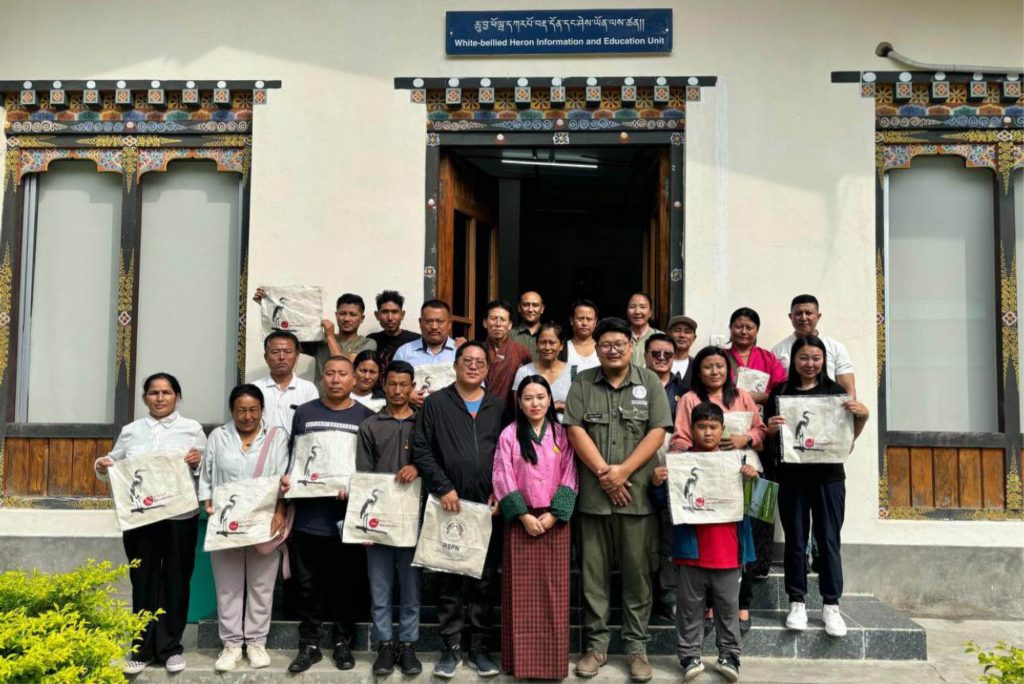
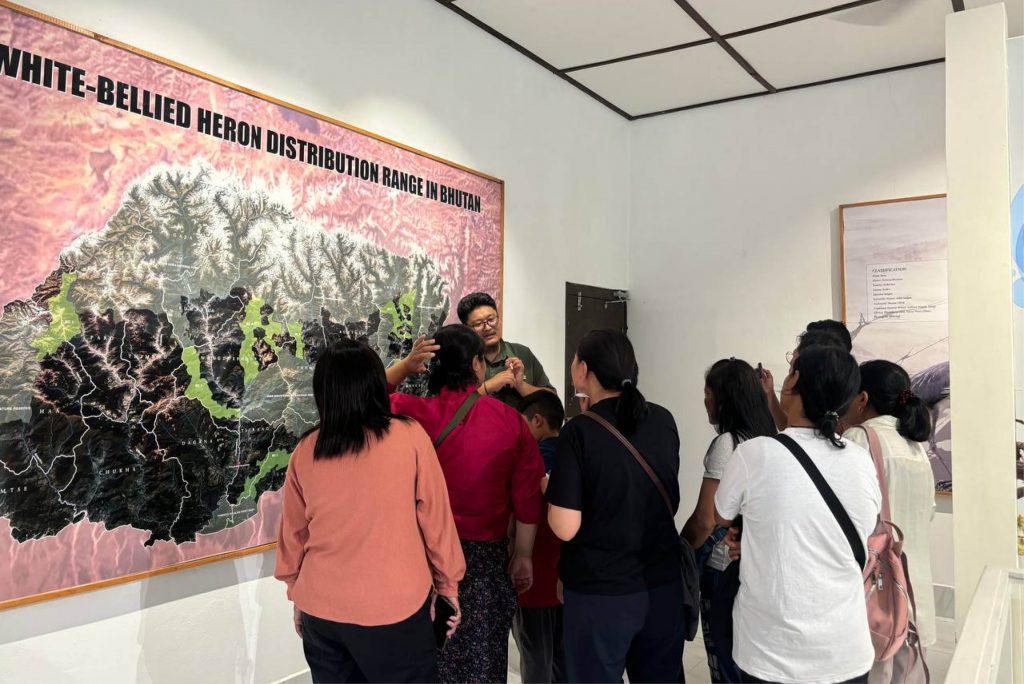
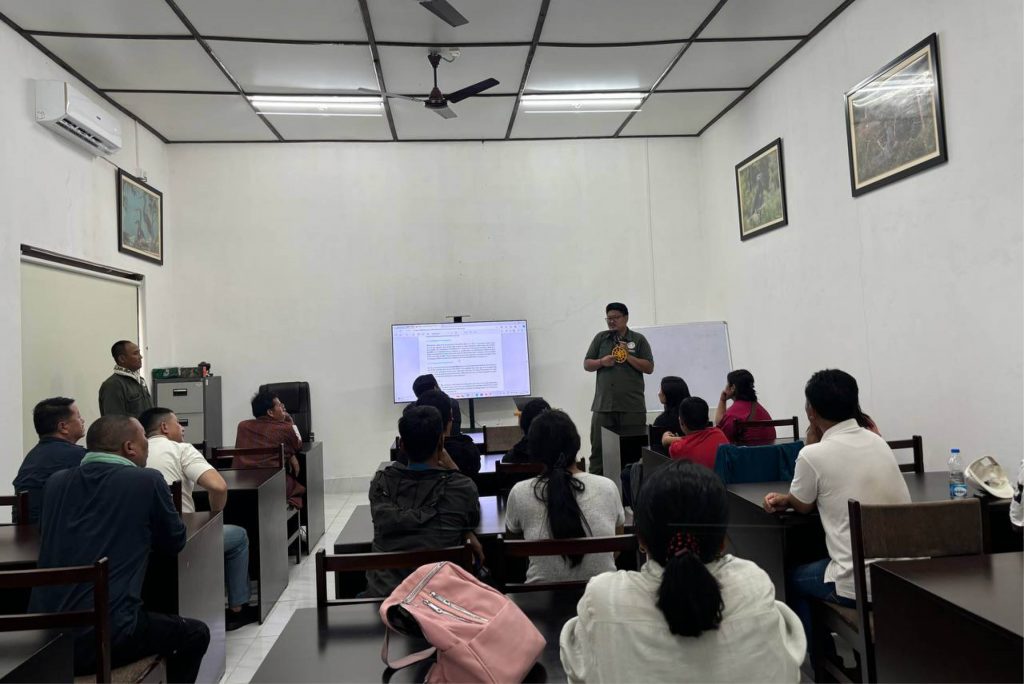
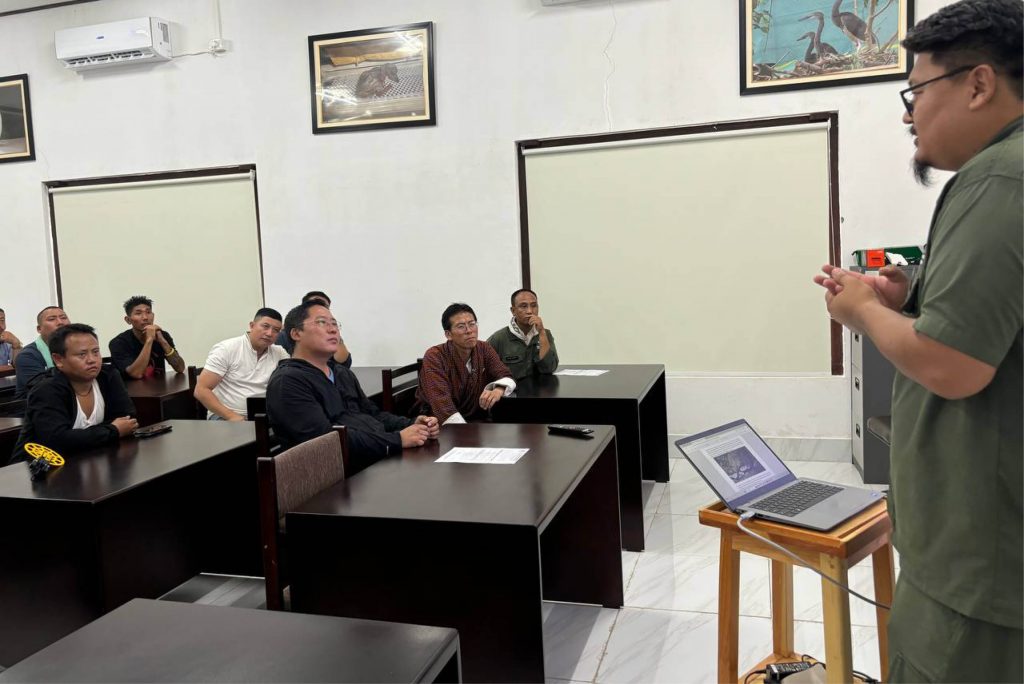
RSPN in collaboration with the Ugyen Wangchuk Institute for Forestry Research and Training (UWIFoRT) and the Natural History Museum and BOKU University in Austria is initiating a joint research project, ‘Enhancing Biodiversity Protection and Building Capacity for Cooperative Research in Bhutan to Address Sustainable Development Goal 15 (EPiC)’.
The project aims to investigate the complex relationship between forest management, avian biodiversity, and ecosystem health in Bhutan, with a particular focus on the habitat of the critically endangered White-bellied Heron. The initiative aligns with Sustainable Development Goal 15, aiming to ‘protect, restore, and promote sustainable use of terrestrial ecosystems, combat desertification, and halt land degradation and biodiversity loss’. The project inception meeting followed up by a series of workshops is happening from 22nd to 31st July 2024.
Capacity building constitutes a significant component of the project, with dedicated work packages aimed at enhancing the skills of Bhutanese researchers in ecological monitoring and conservation strategies. This workshop is an integral initiative of the EPiC Consortium aimed at addressing the critical need for enhanced land use and land cover (LULC) mapping in Bhutan, particularly focusing on the watersheds primarily for the White-bellied Herons, but also to other forest birds with relevance to EPiC. Despite the existence of a national LULC map, a refined version tailored to specific conservation goals is needed. Through this workshop, we will employ GIS and remote sensing technologies with the long-term aim of creating a high-resolution map that accurately reflects the natural and utilized forest areas, identifying potential breeding and foraging habitats for the herons, and assessing river systems pertinent to WBH ecology. The workshop aims to secure open-source geodata and identify the necessary accompanying information (habitat requirements, occurrence of heron and other associated species). Similarly, the workshop will also focus on training the participants on research methods and tools, and explore diverse scopes in enhancing the scientific knowledge on White-bellied Herons. As a part of the workshop, the participants are also making field visits to the White-bellied Heron Conservation Center.
The project is supported by the programme “Cooperation Development Research” (KoEF) from the OeAD Austrian Agency for Education and Internationalisation.
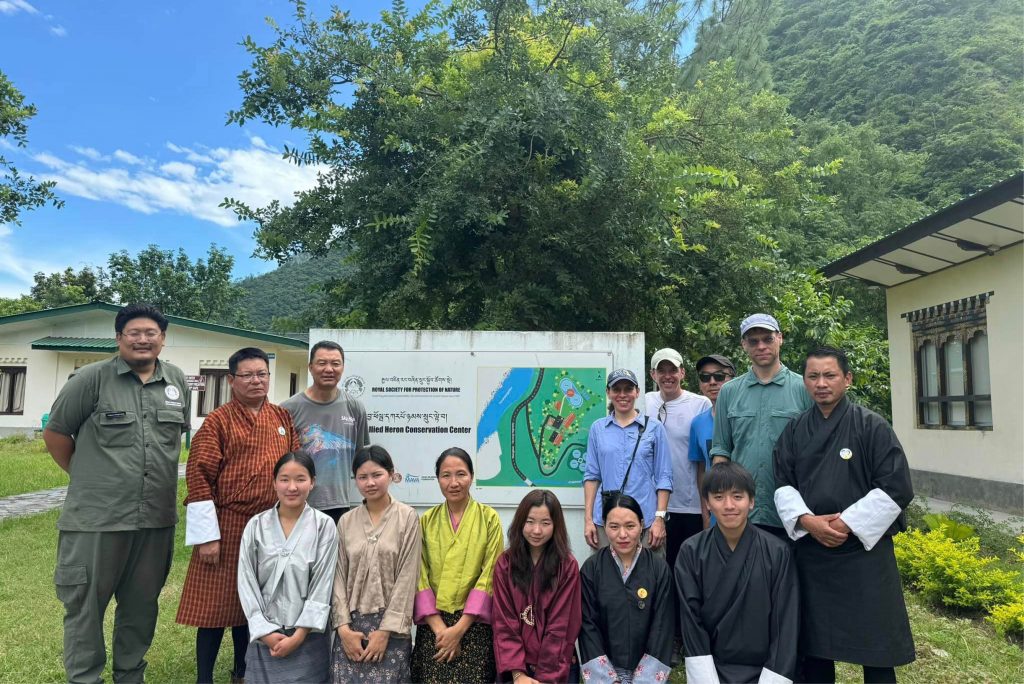
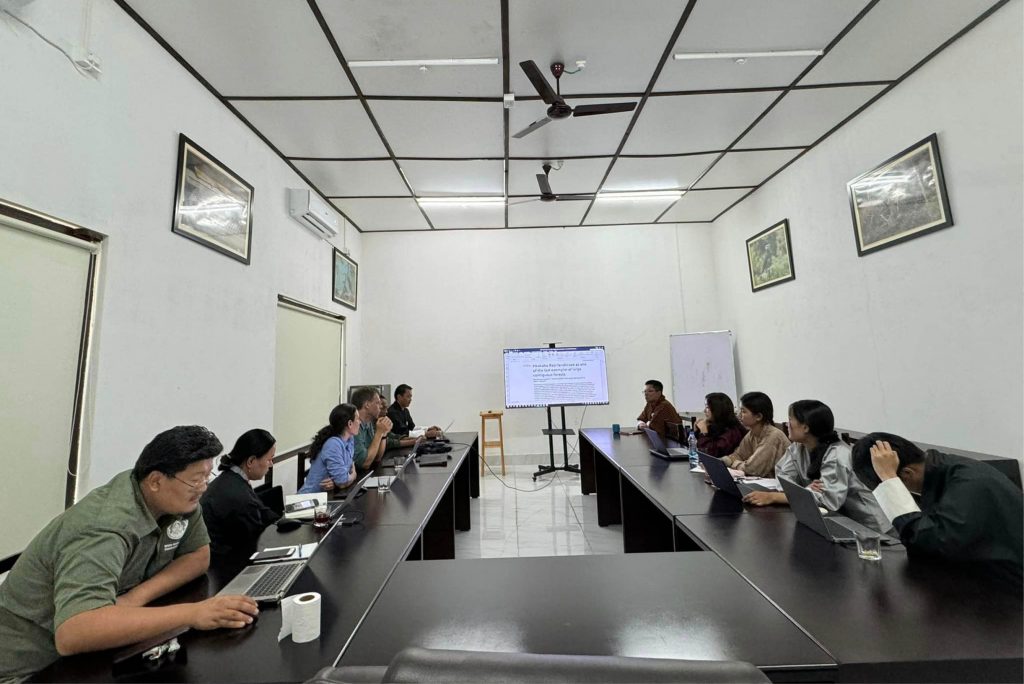
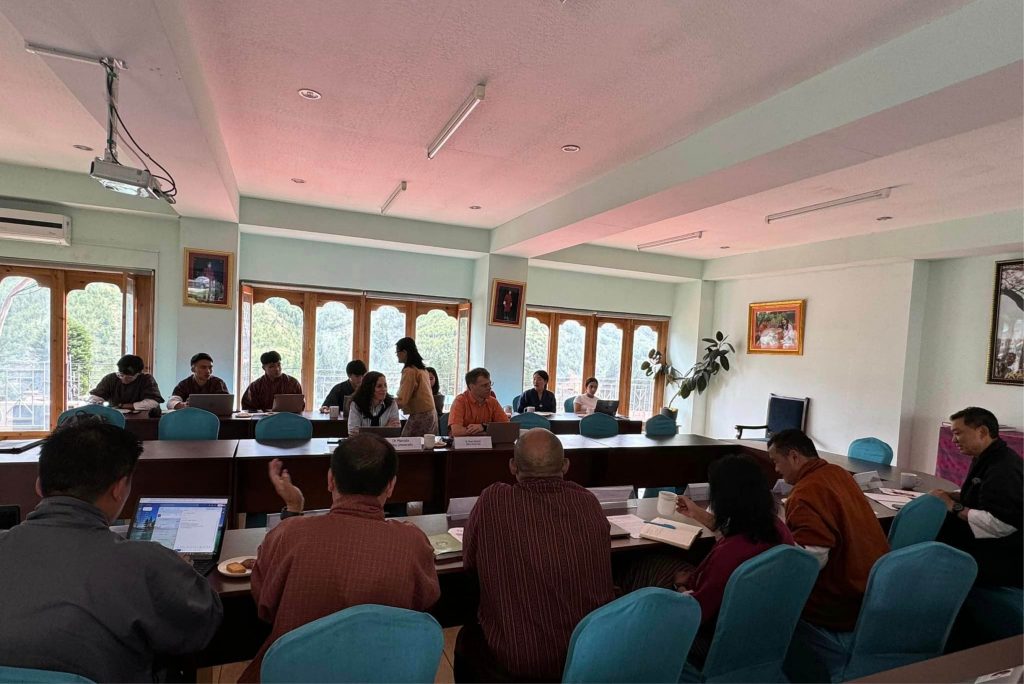
Copyright © 2026 RSPN All Rights Reserved